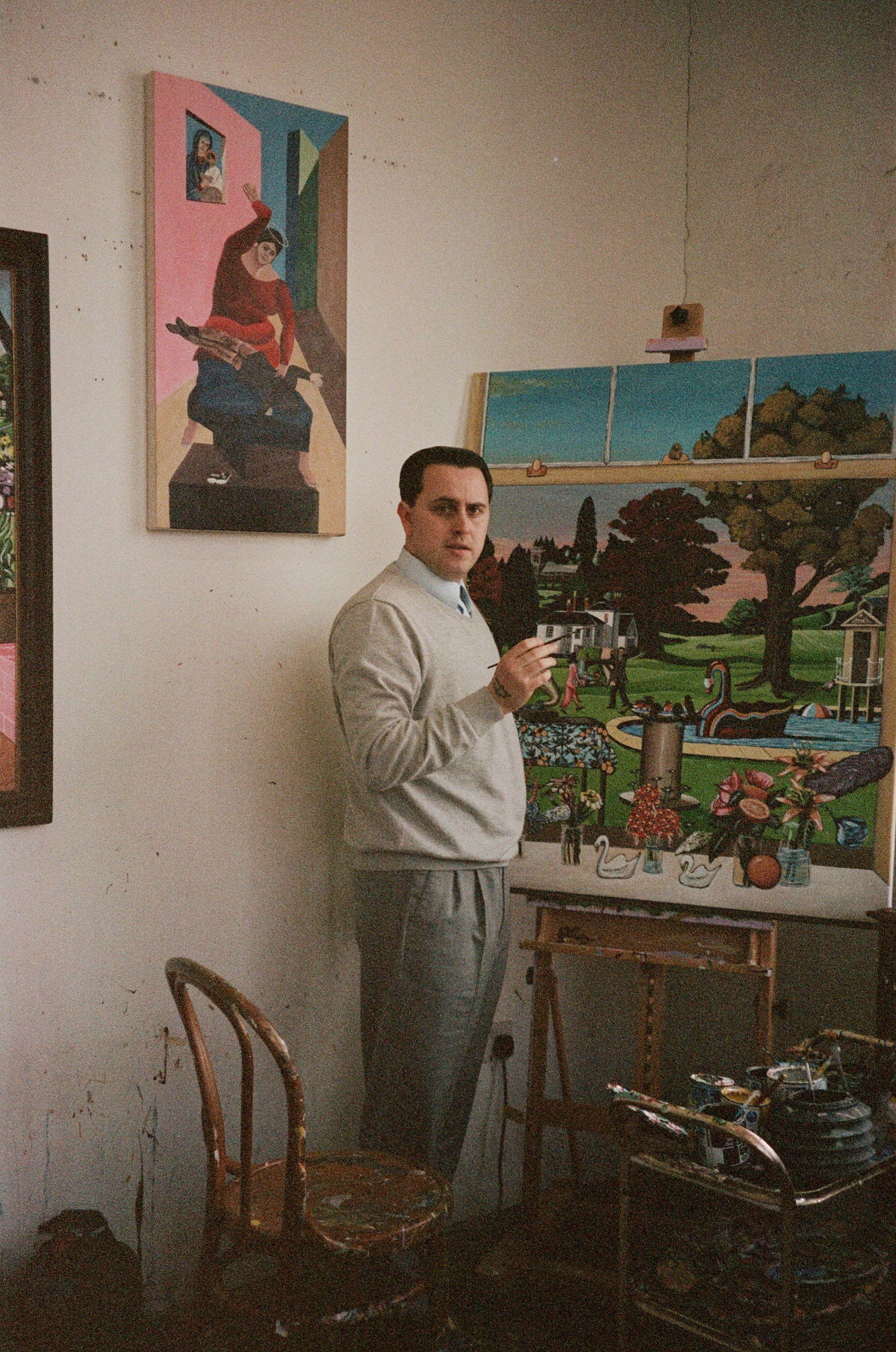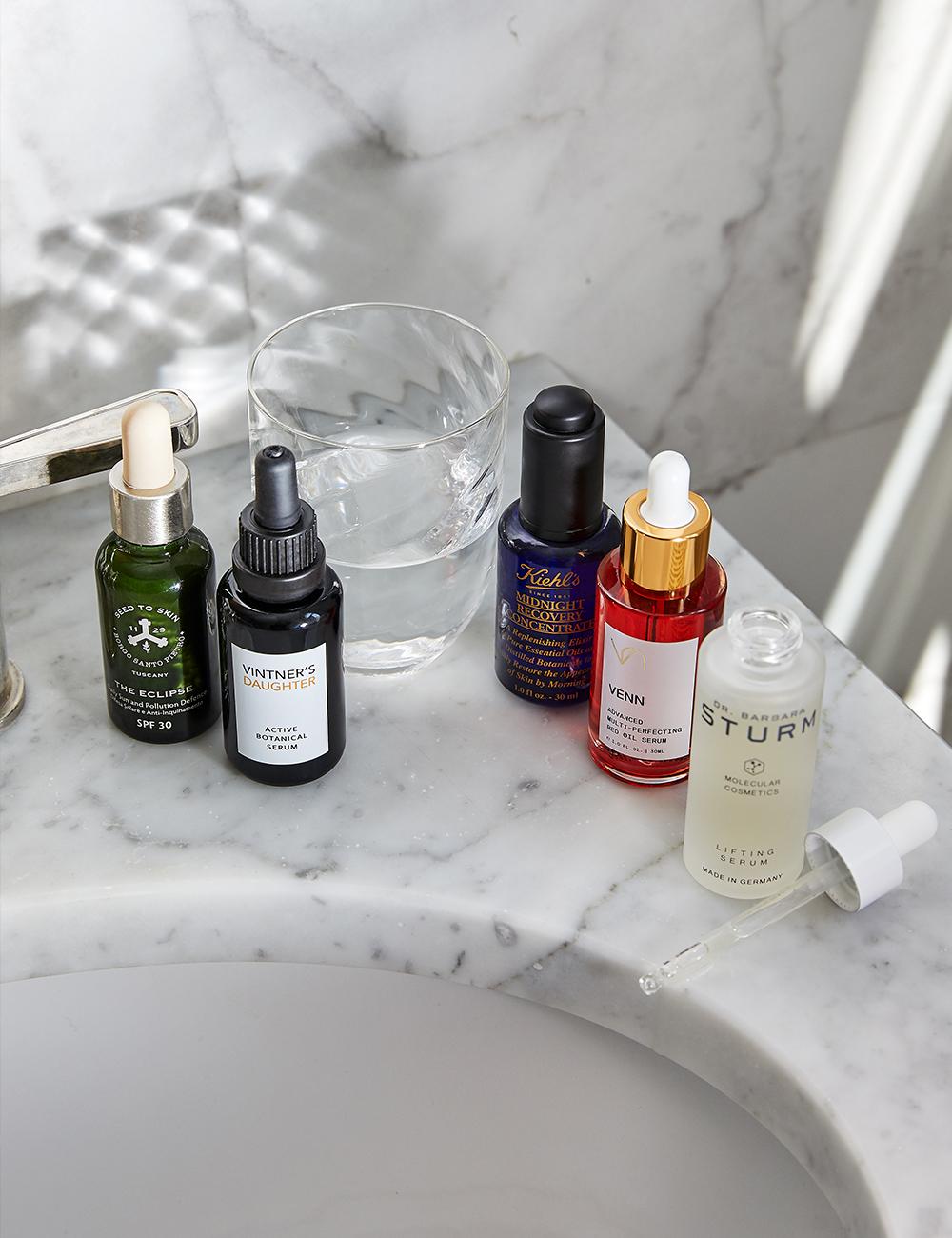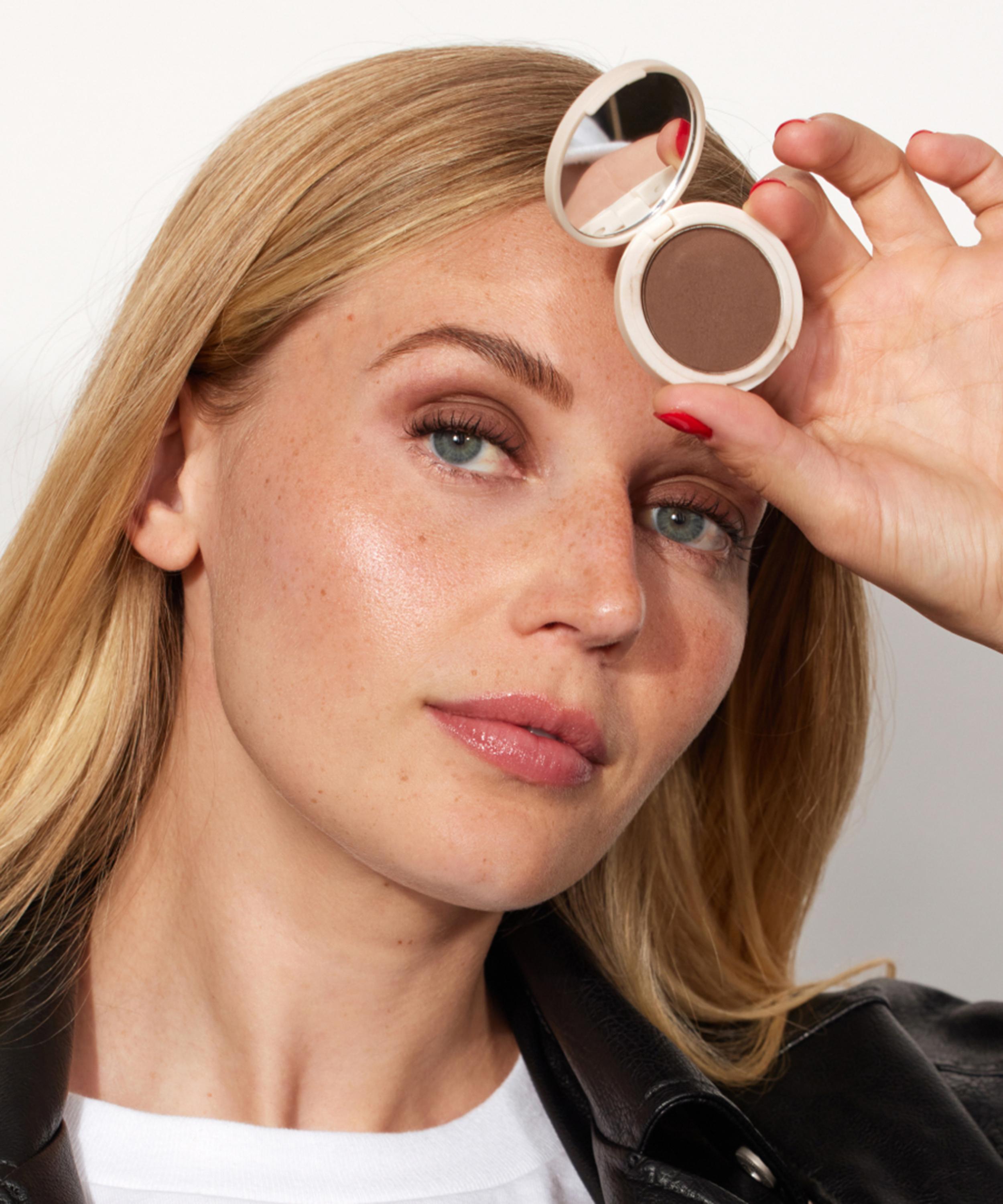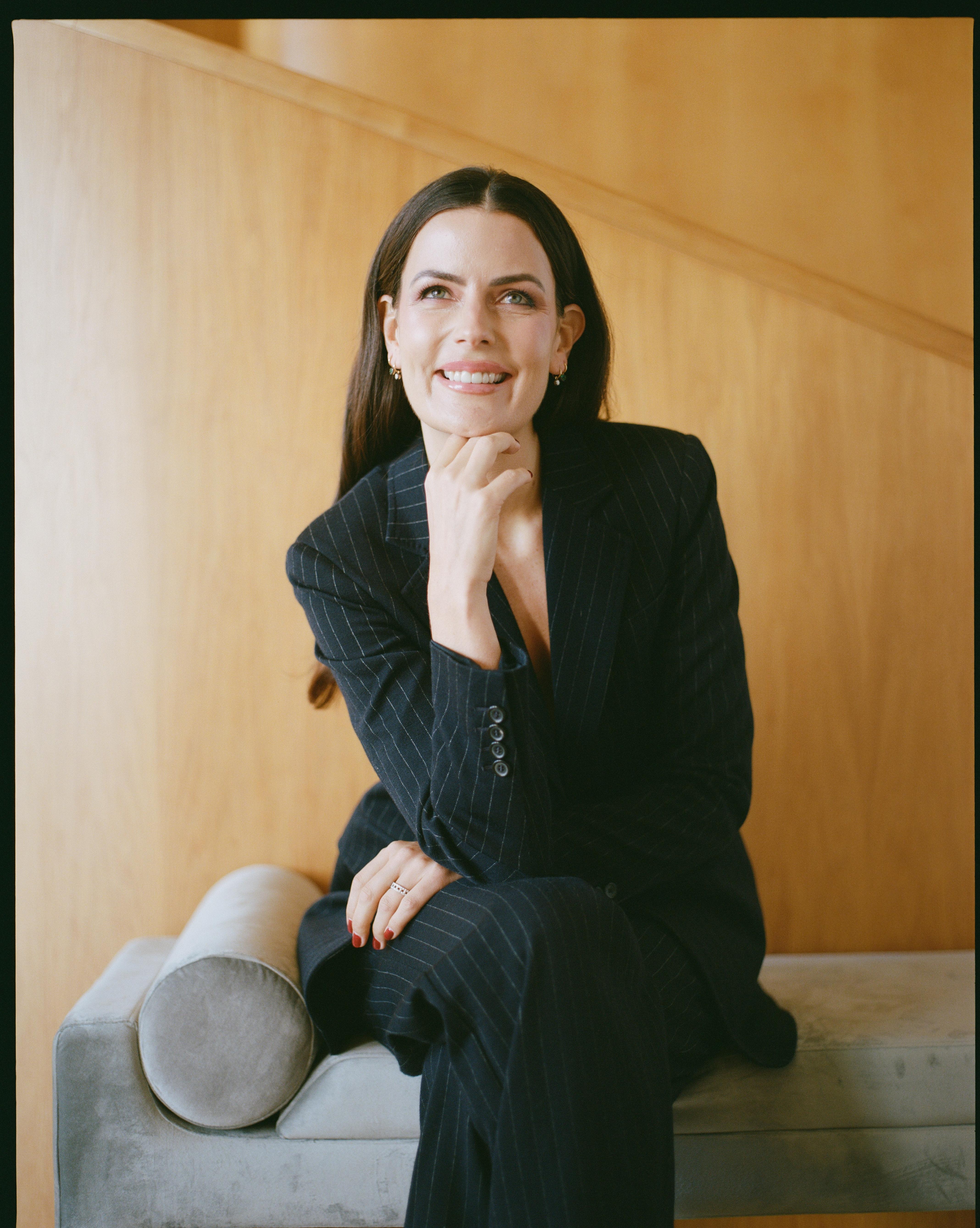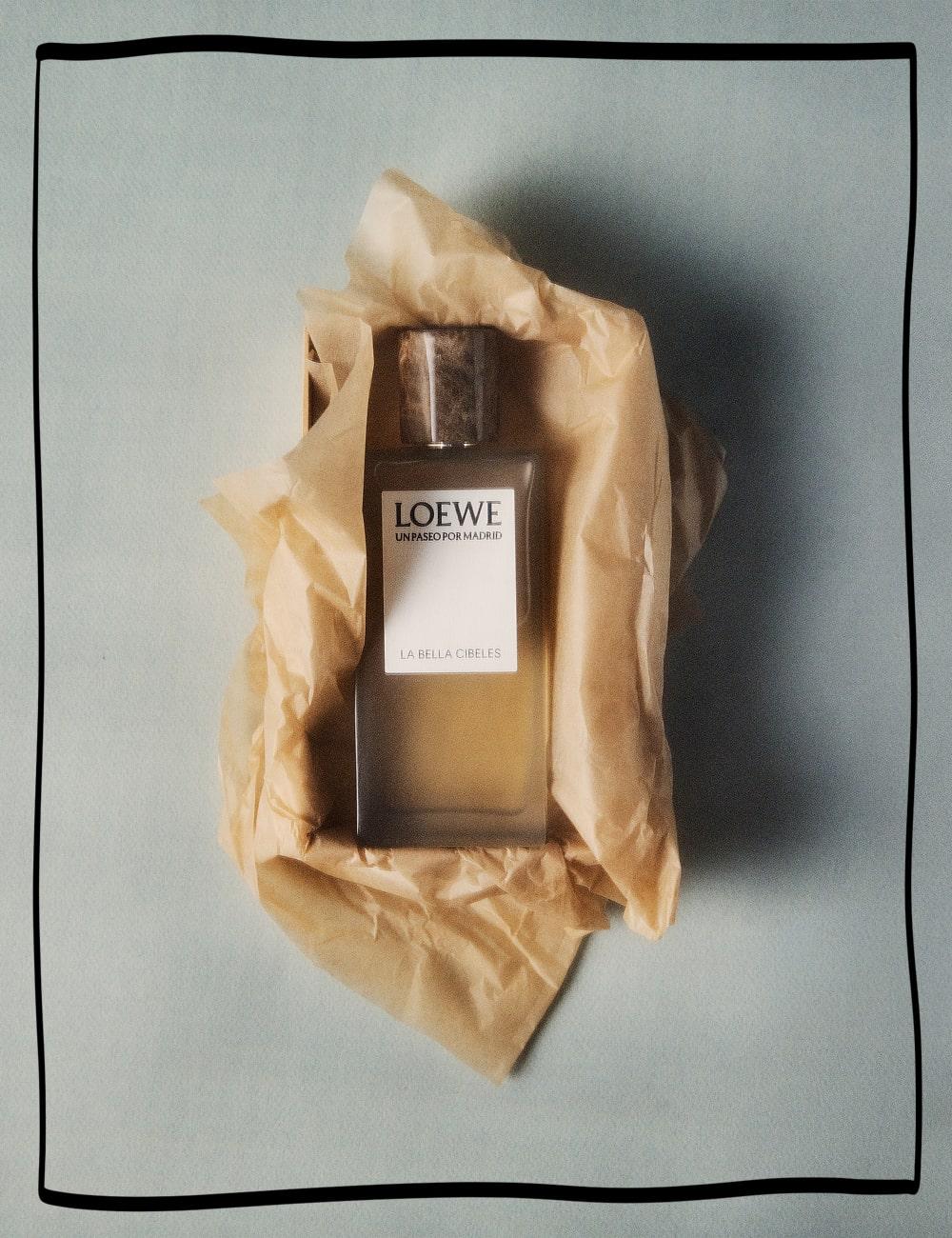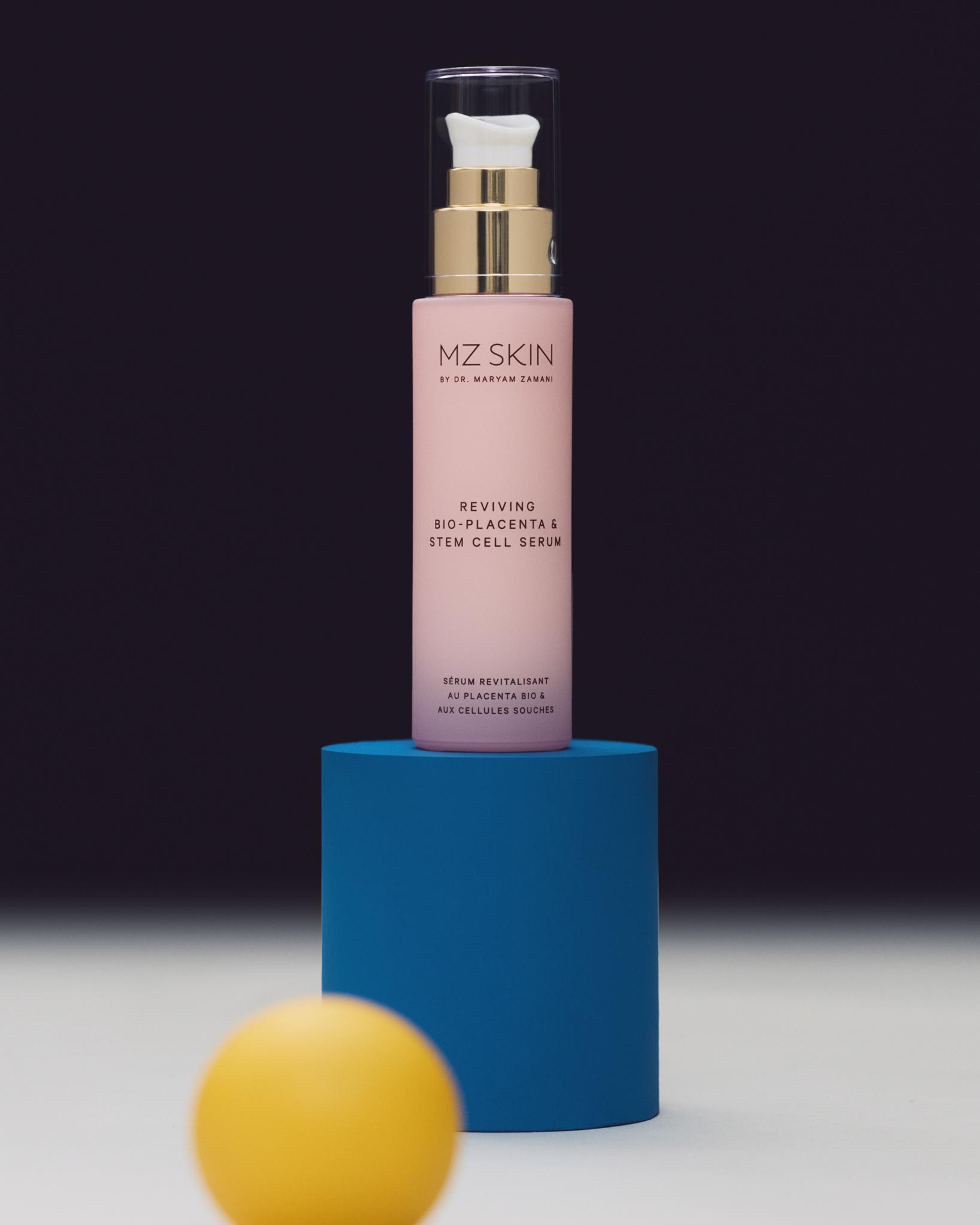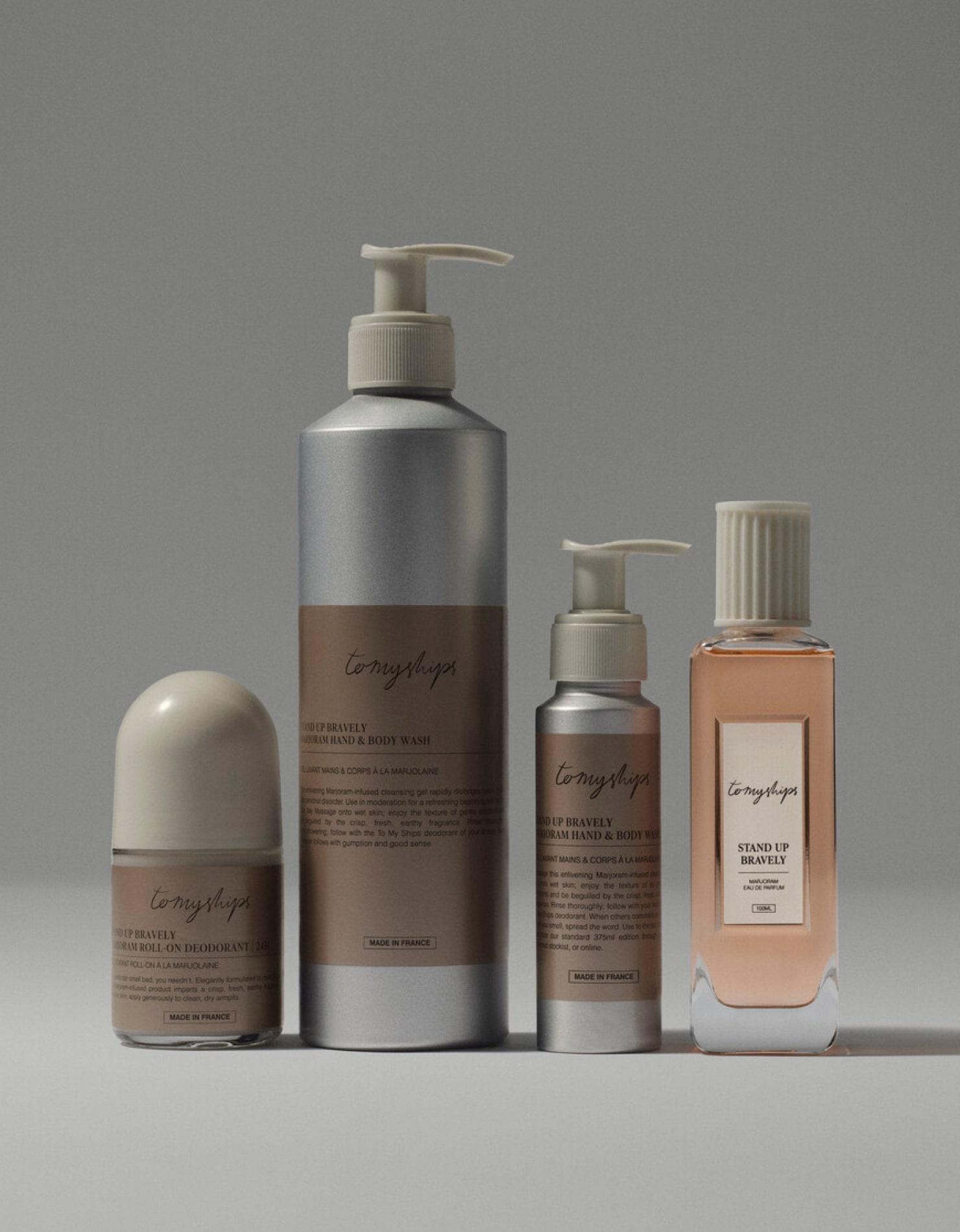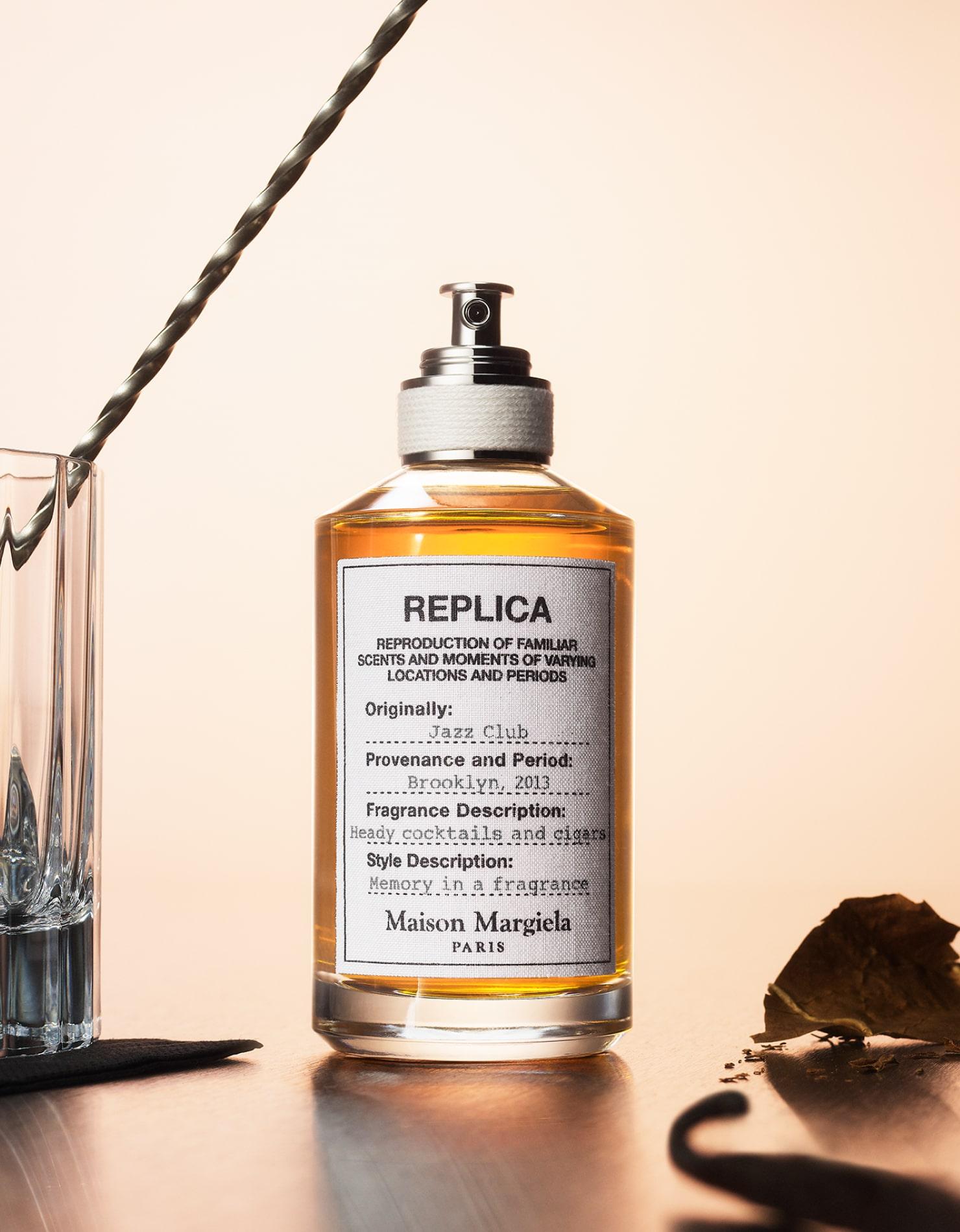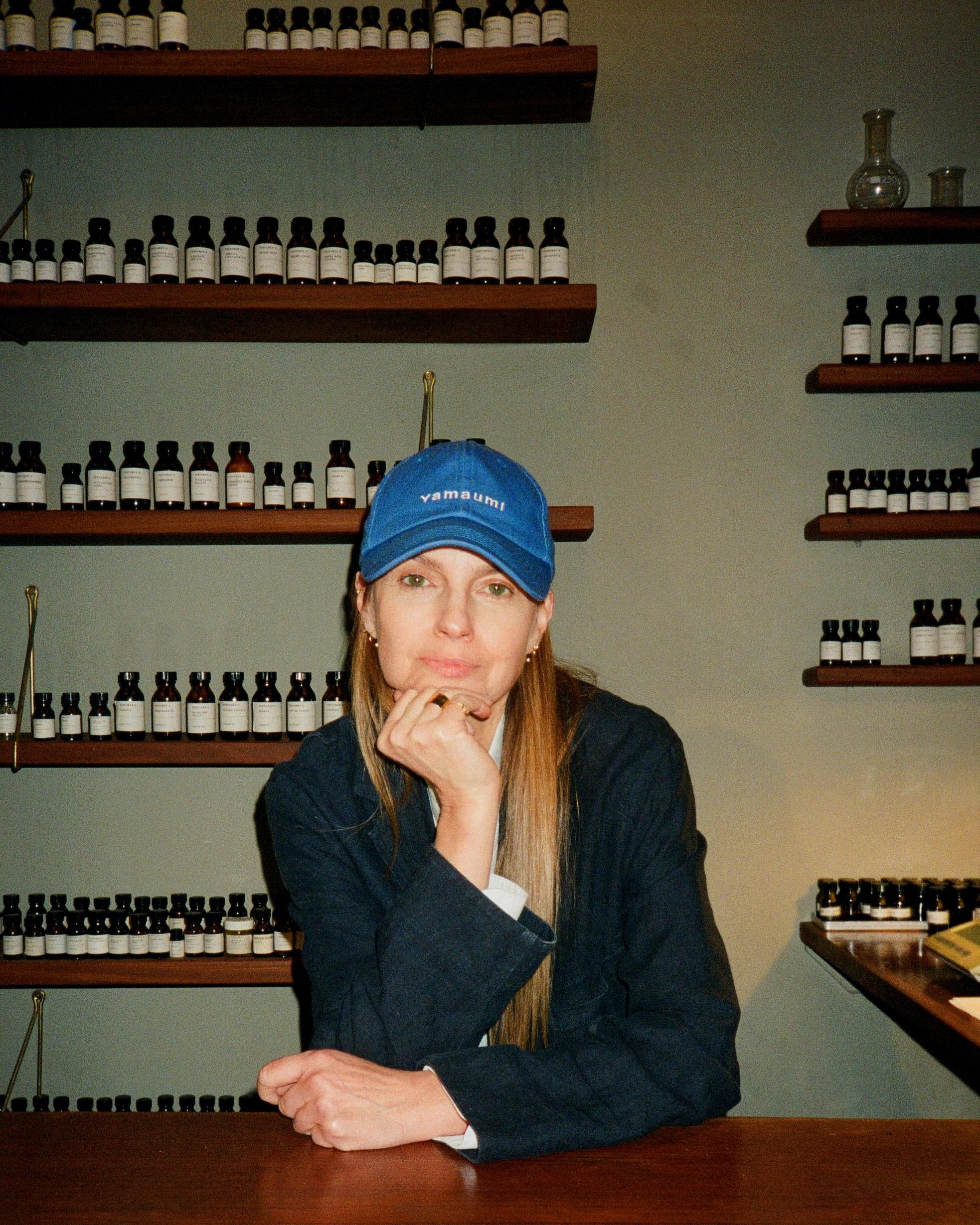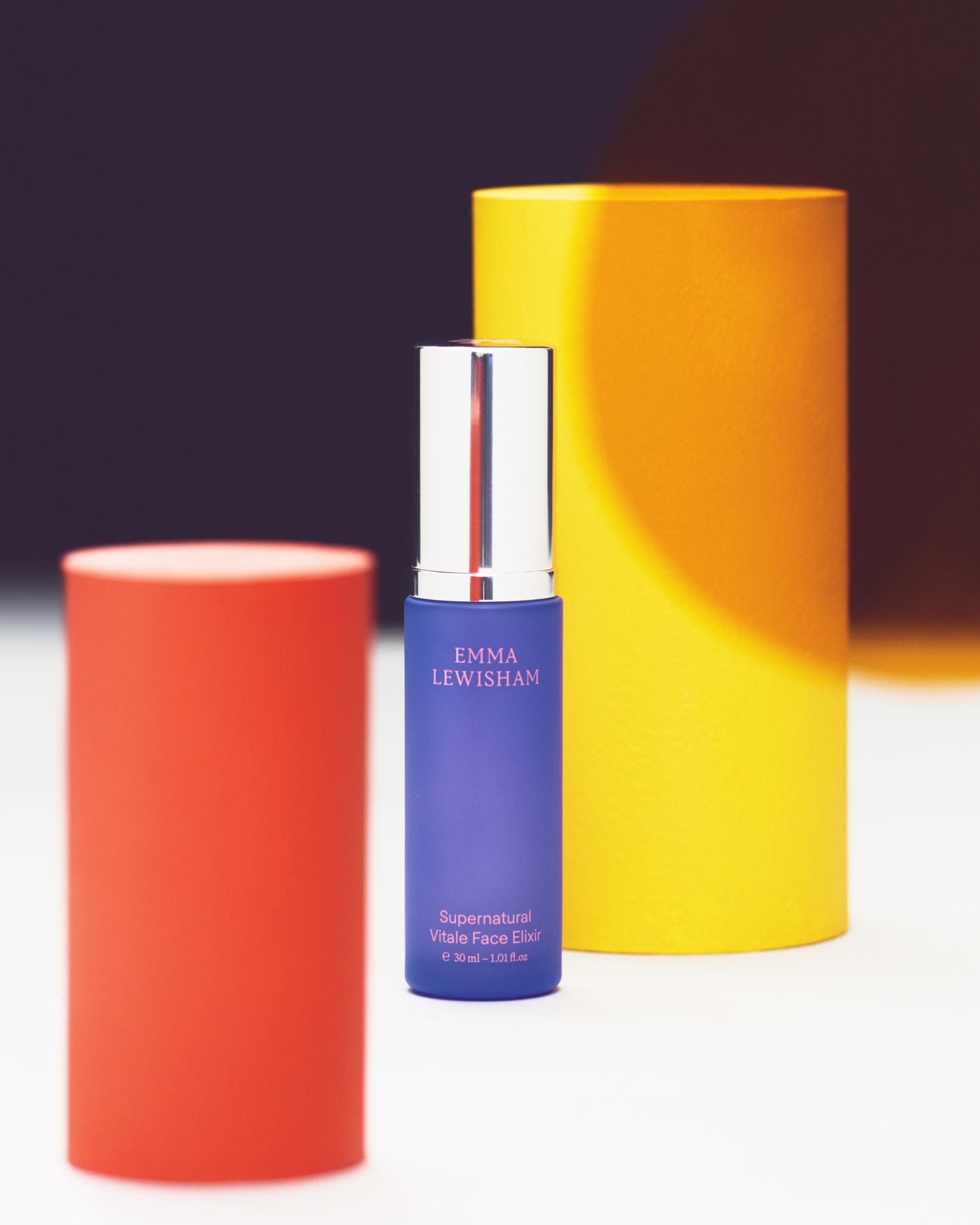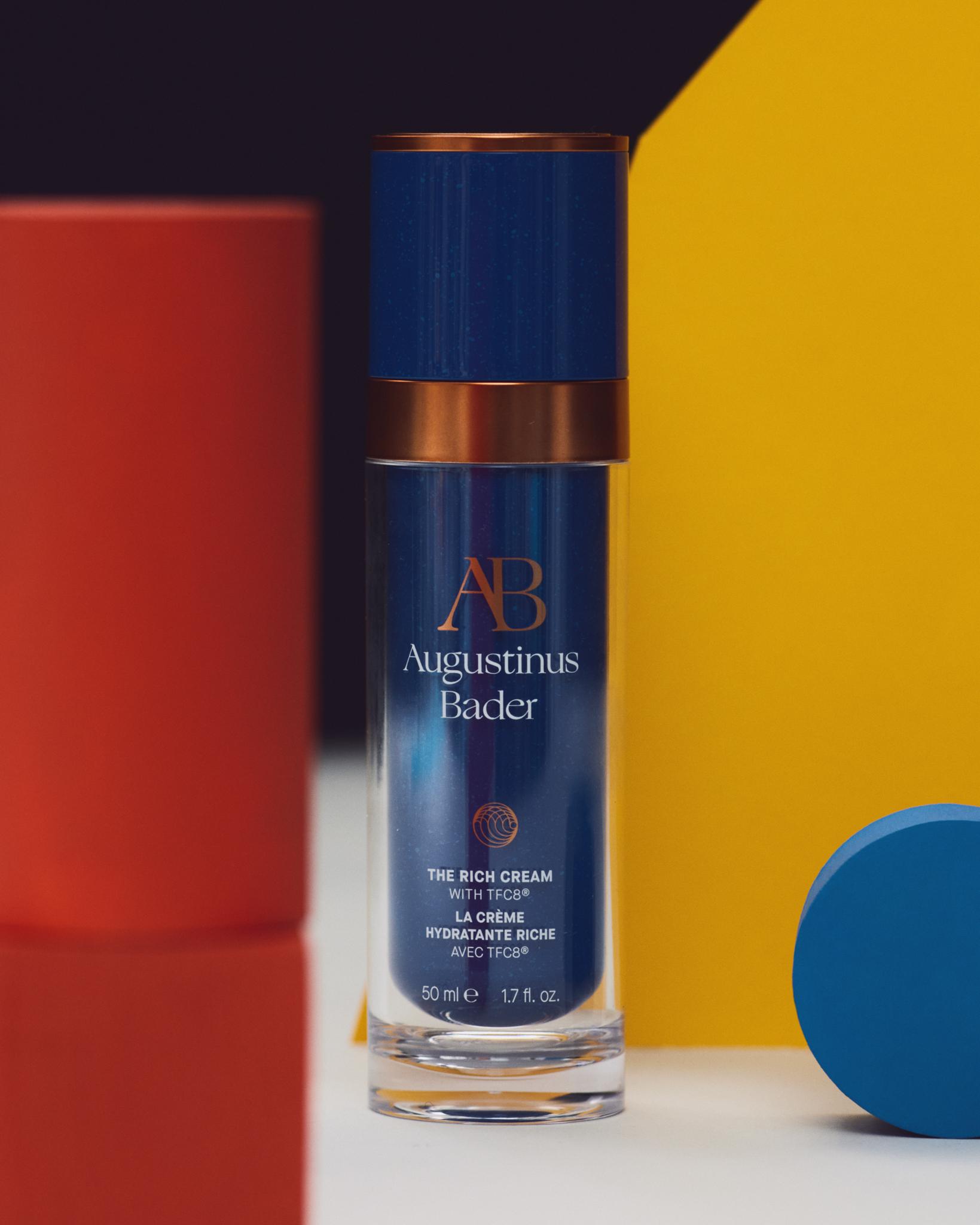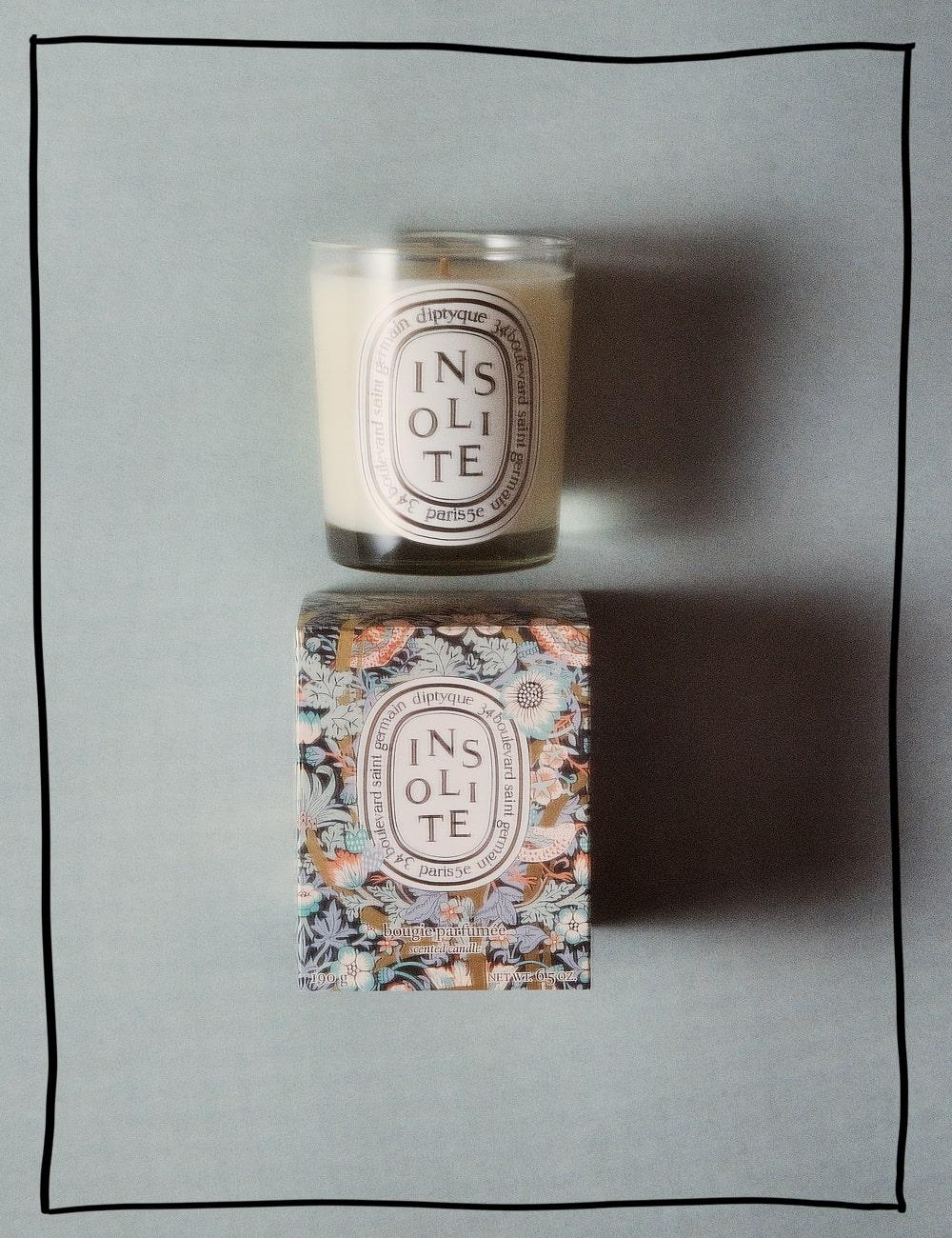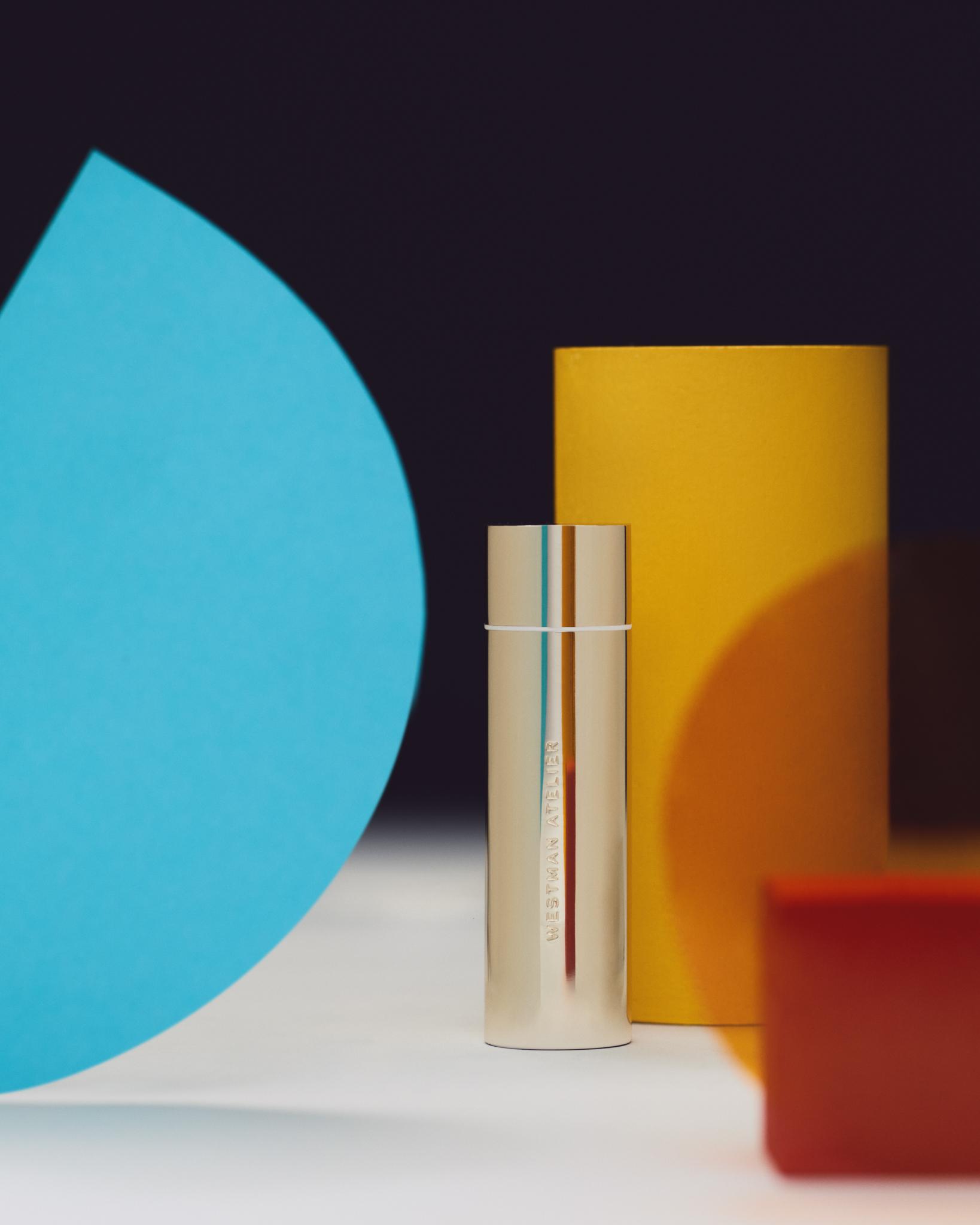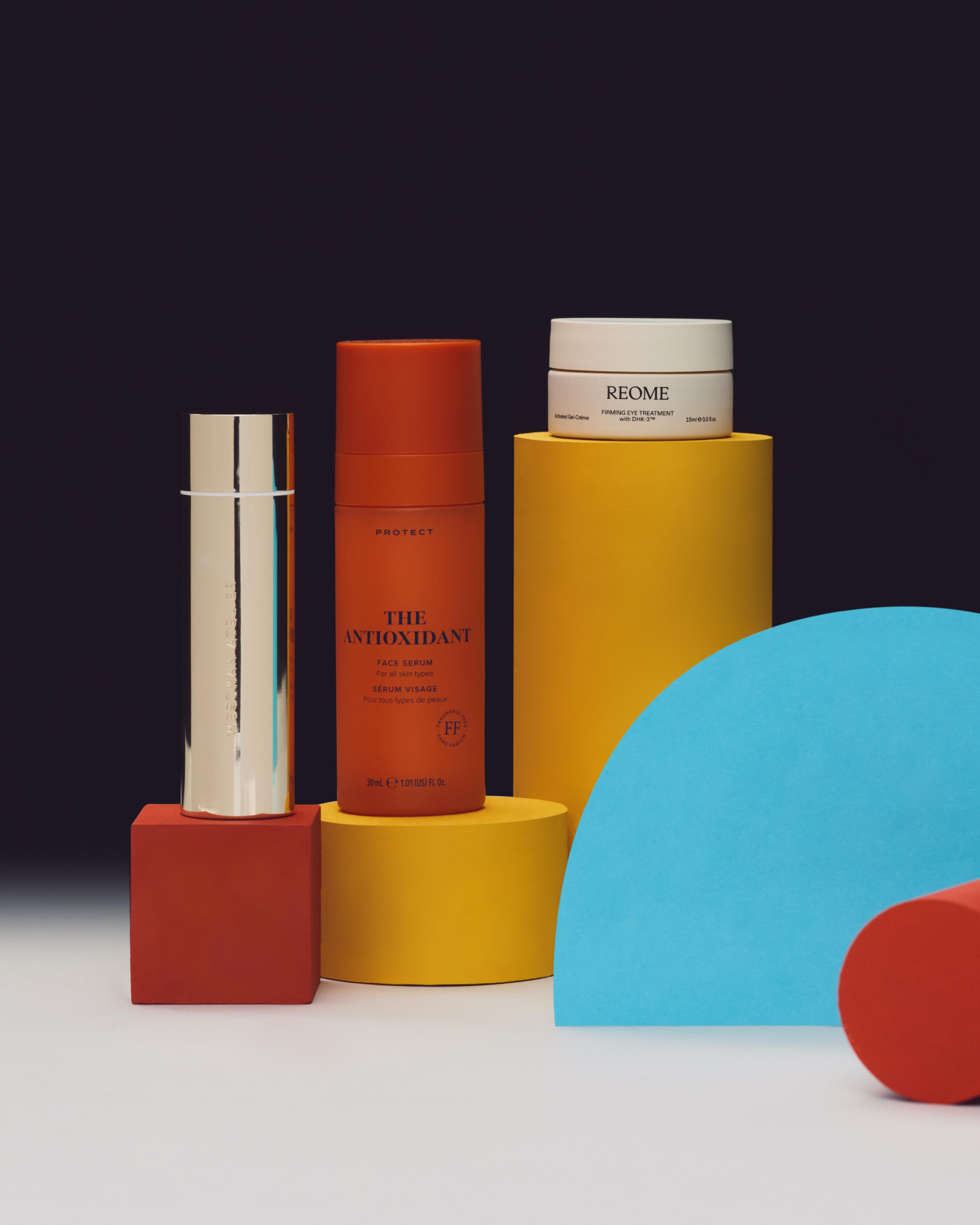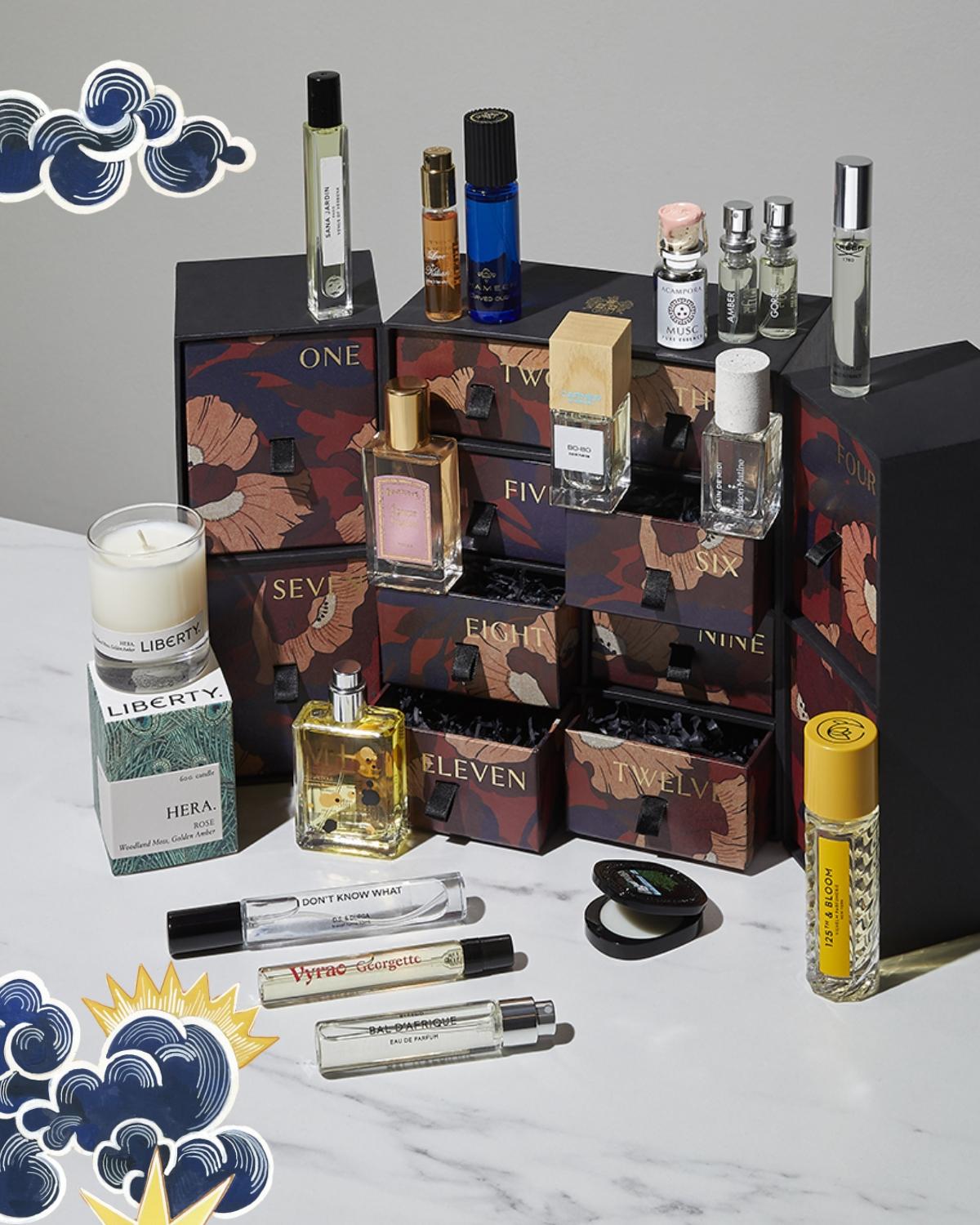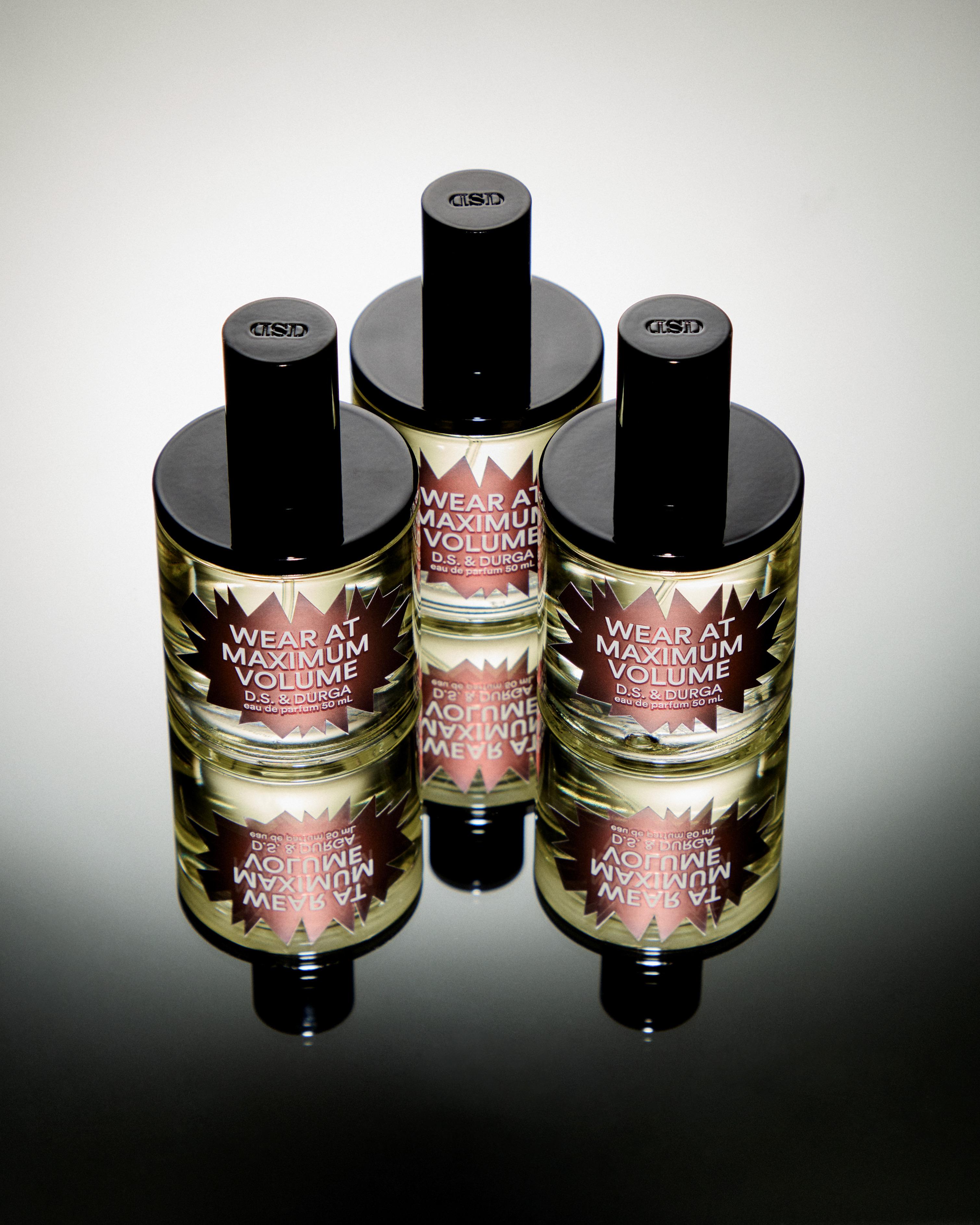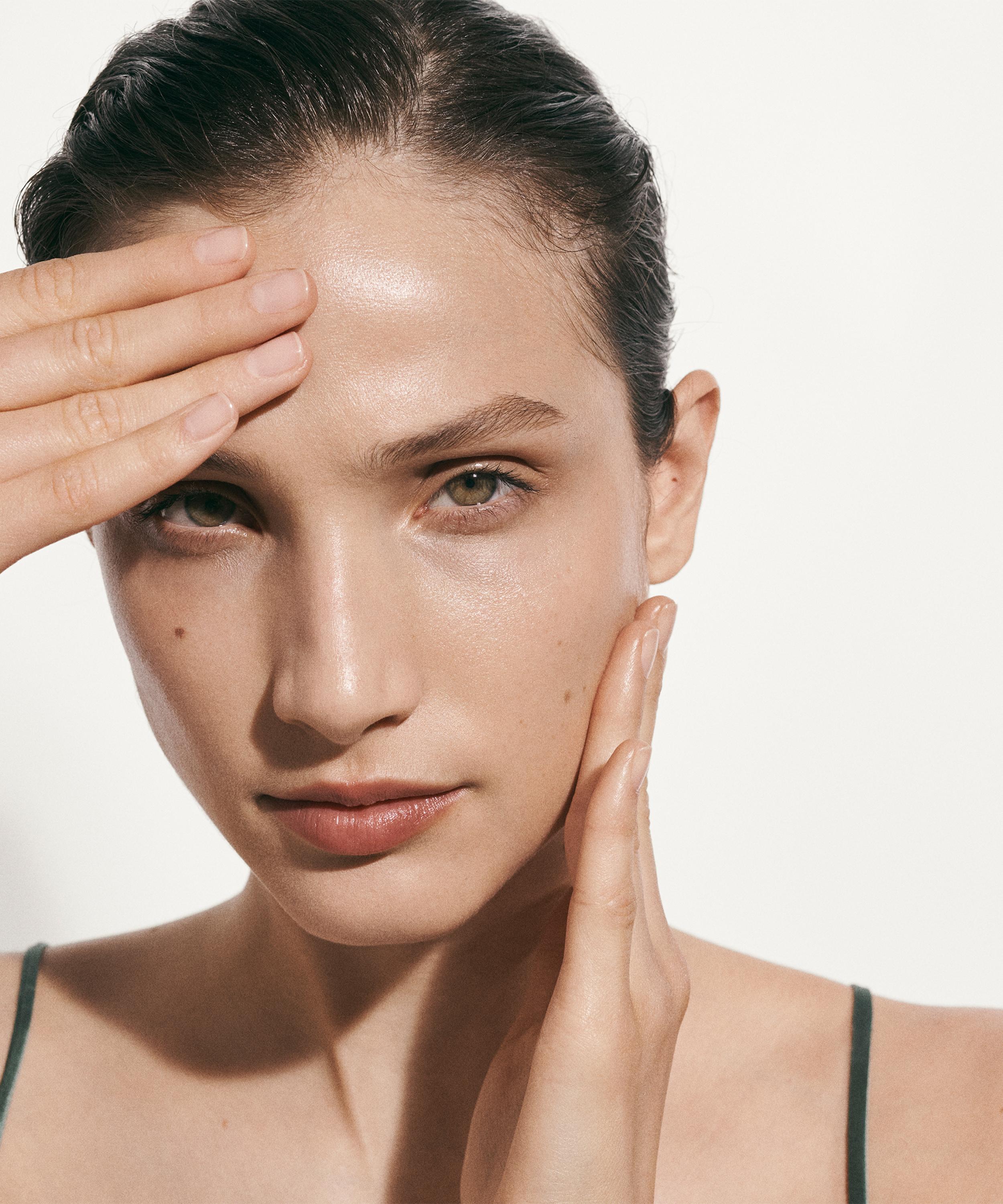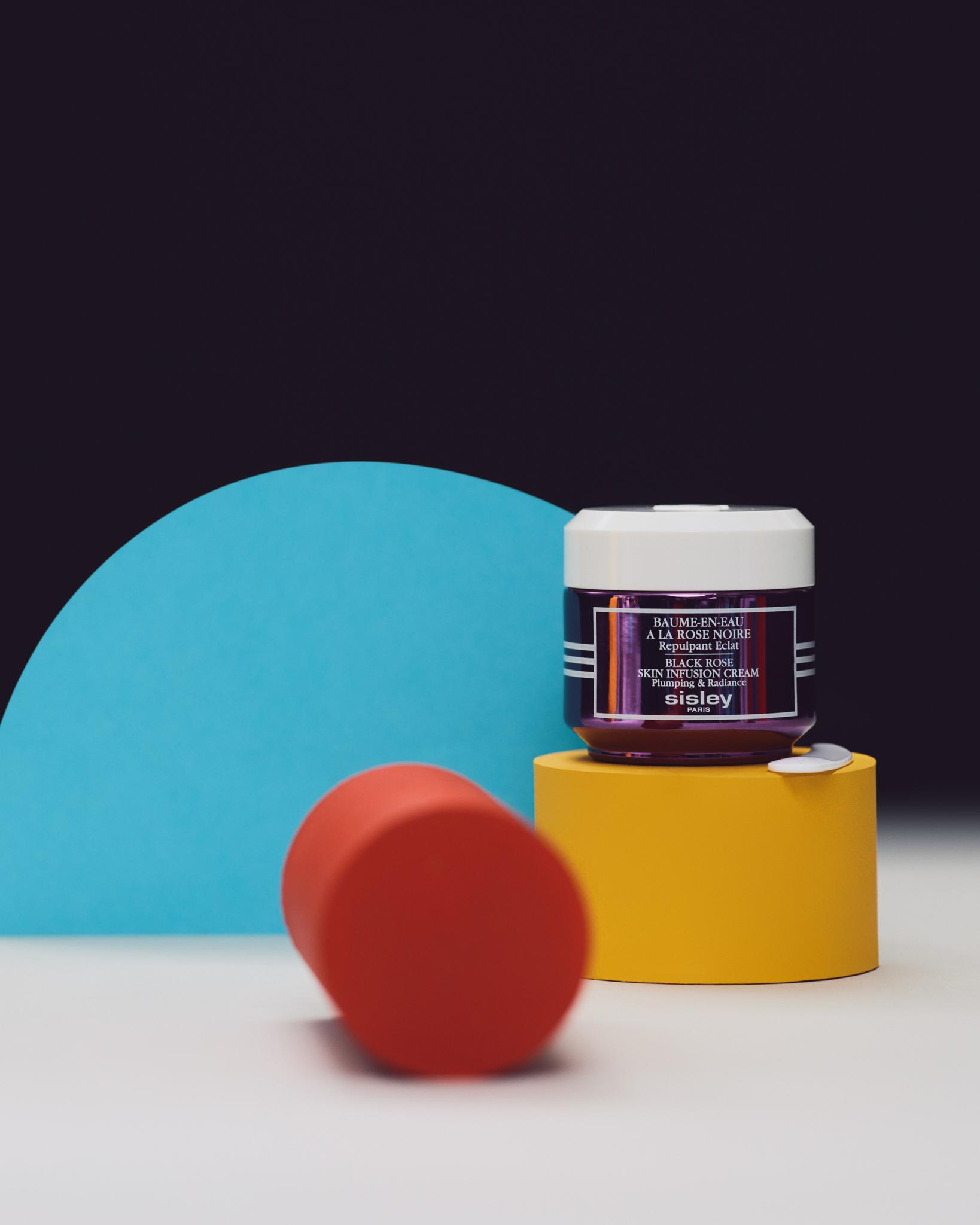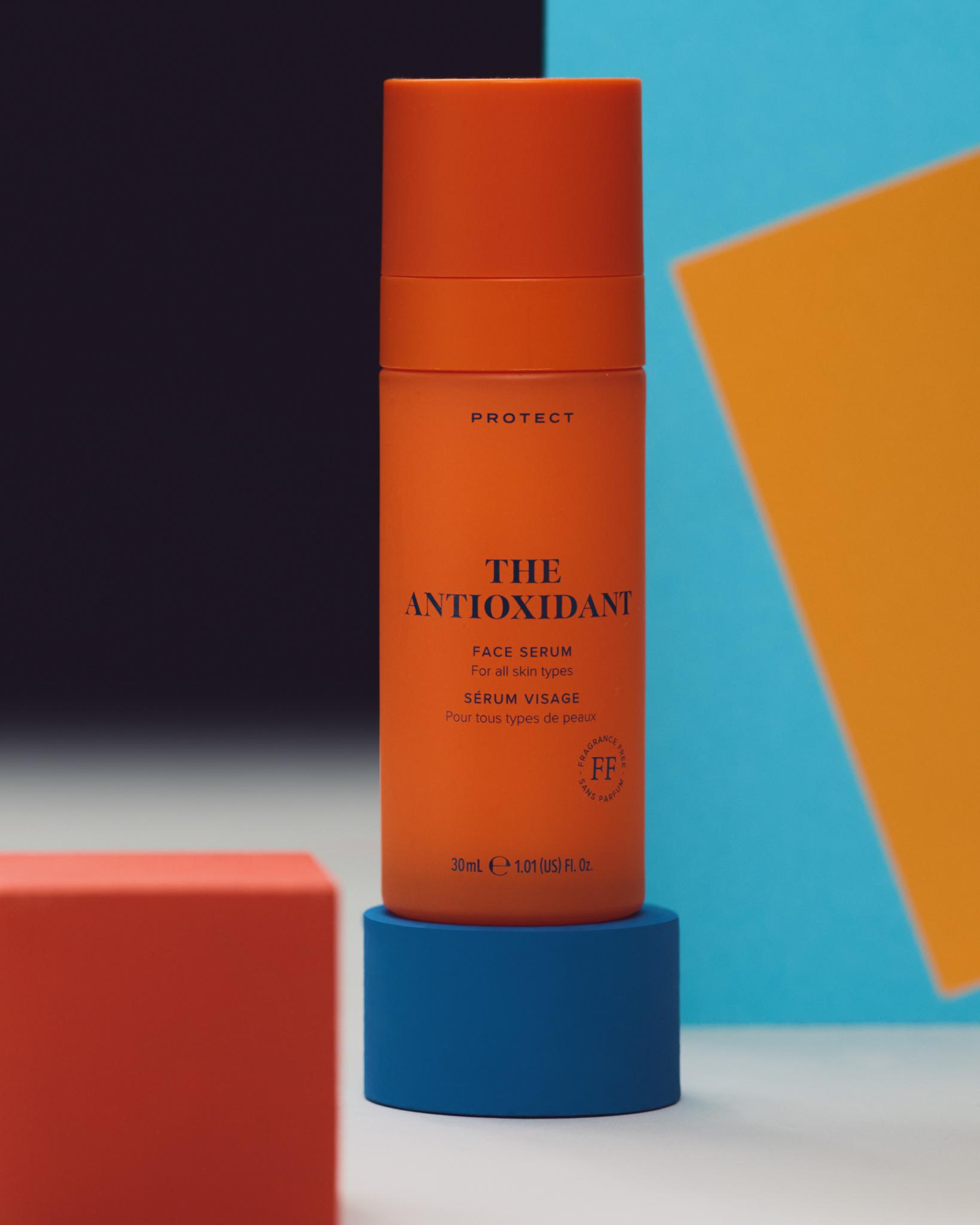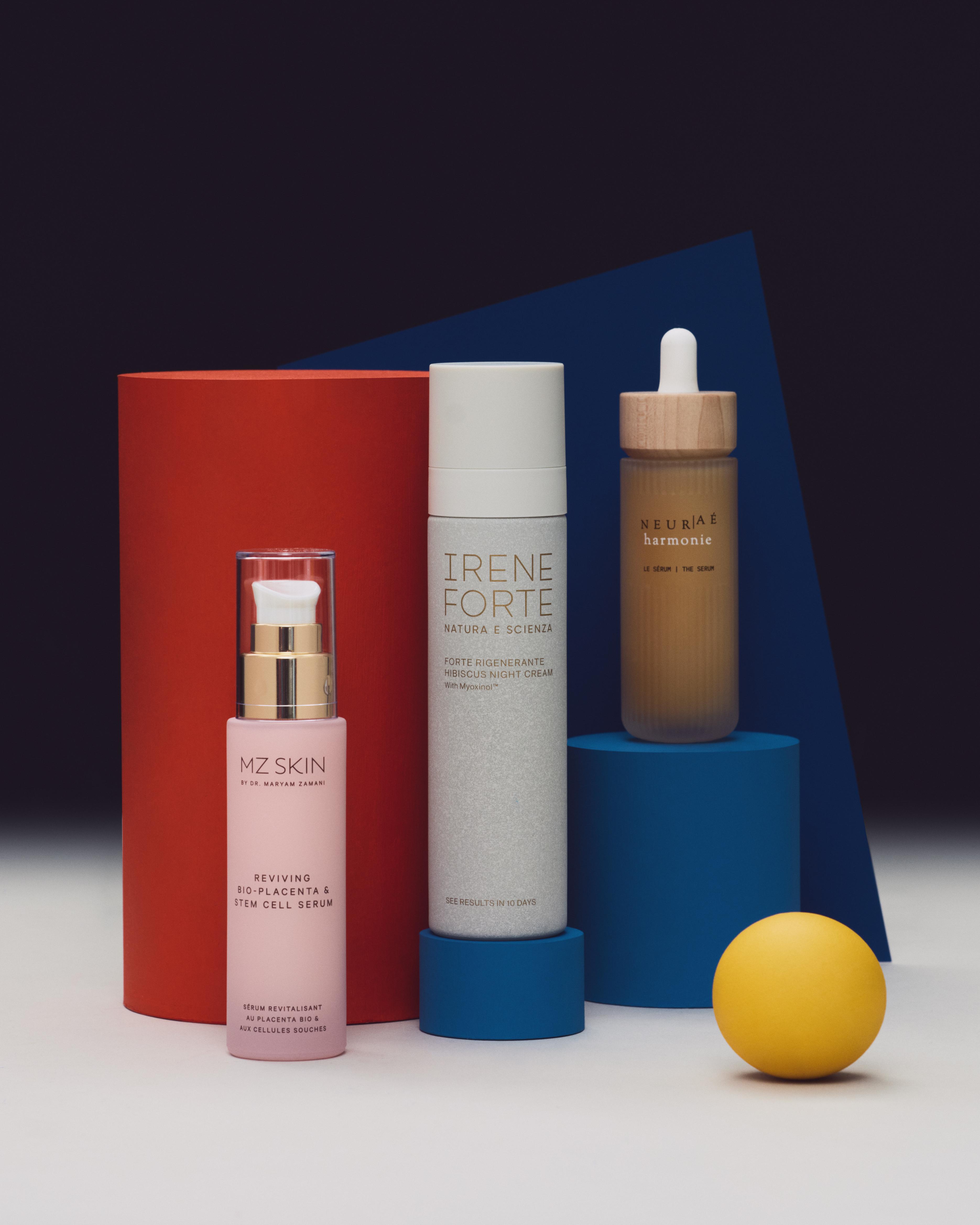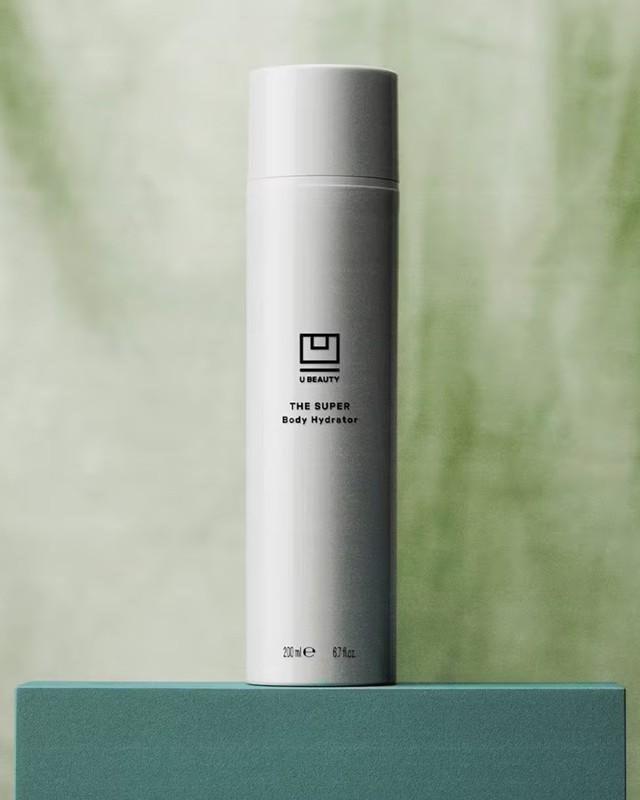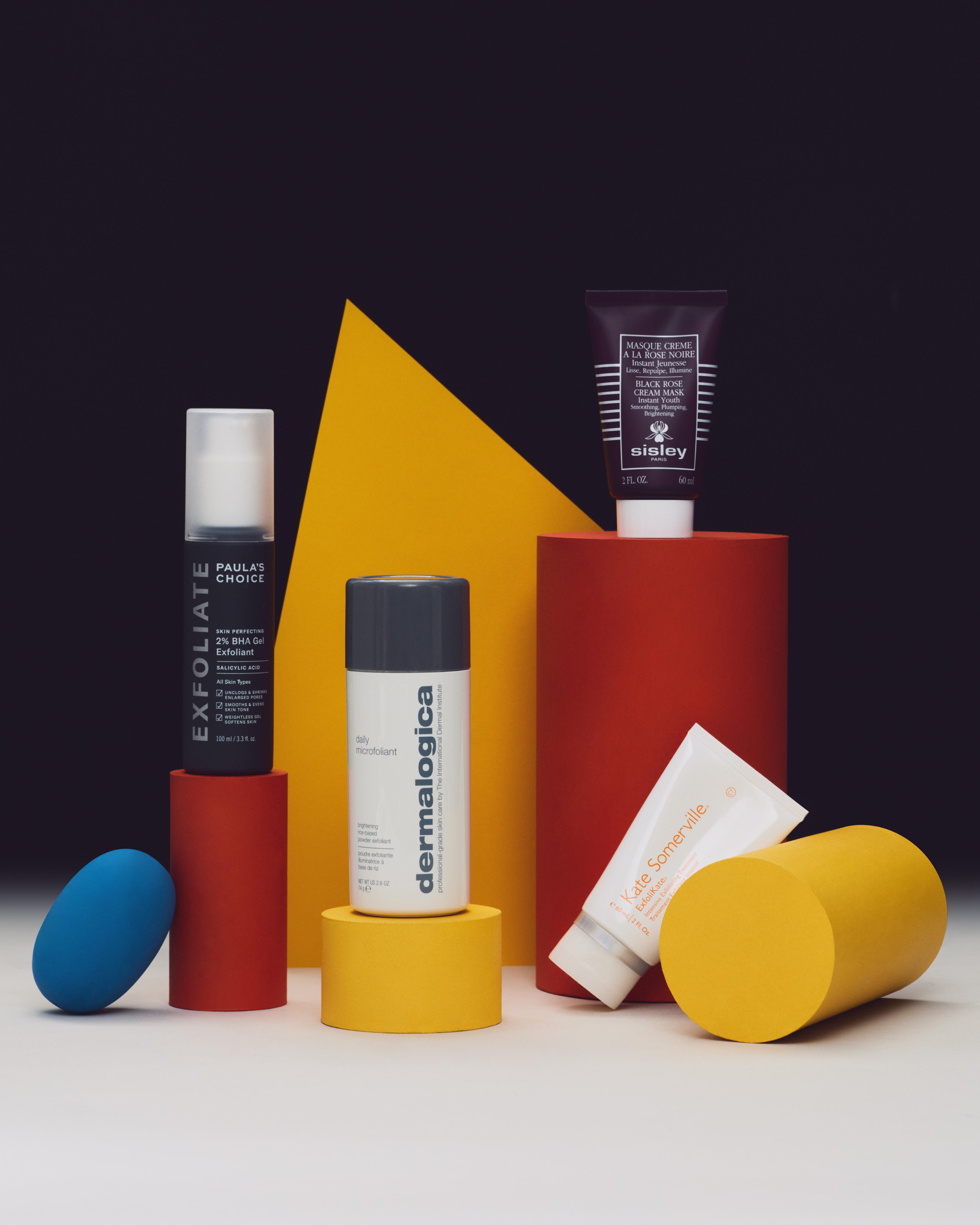Is Your Hair Hormonal?
They don't just play havoc with your skin, hormones can also impact the health of your hair. Liberty investigates their impact
Read more
Is Your Hair Hormonal?
They don't just play havoc with your skin, hormones can also impact the health of your hair. Liberty investigates their impact
By: Verity Clark
Beauty conversations have come a long way in the past decade. Previously ‘keep-it-to-yourself’ or ‘save-it-for-your-doctor’ conversations have become a staple of social media-based connection. From the thriving acne-positivity movement striving to normalise spots to #bloodygoodperiod fighting for menstrual equality, we’re now sharing things that were once left unspoken. Yet female hair loss still seems to be stuck with the ‘taboo’ tag. “Hair loss isn’t really spoken about, and most people feel embarrassed about it,” says Hannah Gaboardi, a trichologist who specialises in alopecia, as well as male and female pattern hair loss.
The thing is, it’s more common than you might think. It’s reported that 50% of women will suffer from hair loss during their lifetime. There are hair loss conditions such as alopecia, which we’re grateful for celebrities including Jada Pinkett-Smith for highlighting, but there are other reasons that you might experience hair thinning, shedding or slow growth. And many of them can be traced back to one source: our hormones. Gaboardi sees many patients experiencing hair loss as a result of a change in their hormones, particularly those experiencing shifts post-pregnancy and during the menopause.
But what’s ‘normal’, the kind of hair loss that's to be expected? What suggests a deeper concern? And can your choice of haircare make a difference? Liberty finds out.
Read More: The best scalpcare tips to keep yours in perfect balance
How Much Hair Loss Is ‘Normal’?
It’s important to note one thing: hair loss is normal. Every hair goes through a growth cycle, starting with a growth phase, leading to a transitional phase, and ending with a resting phase before the hair ultimately falls out. Thankfully, the cycles are staggered between hairs, so they don’t all fall out at the same time, but you can expect to shed around 50-100 hairs a day.
Hormones aren’t the only thing that can cause hair loss, too. Nutritional deficiencies and illnesses can have an impact, as can tight hairstyles.
What Causes Hormonal Hair Loss?
For women, hormones are in a constant state of flux, affected by not only the time of the month, but on a grander scale, your life stage (for instance, puberty or the menopause) and on a smaller scale, lifestyle concerns like stress. We all know the impact that unbalanced or wildly fluctuating hormones can have on the skin and mood, but they can also determine the health and strength of hair.
Hair health is influenced by many things (from diet and lifestyle to genetics) but the three main hormones that contribute to hair health are oestrogen, progesterone and testosterone. “How much your hair changes depends on your genes and how sensitive your hair follicles are to the presence of male hormones and to hormonal shifts that occur,” says trichologist Annabel Kingsley.
Read More: How to repair damaged hair, courtesy of bond-building haircare
Can Stress Cause Hair Loss?
“When we are stressed, our adrenal glands produce a hormone called cortisol,” says Gaboardi. “Cortisone signals send our hair follicles from growth to shedding phase.” With more hairs entering the shedding phase at the same time, hair can start to appear thinner, or you might notice more of it on your hairbrush. This kind of temporary hair loss is called Telogen Effluvium, and trichologists claim to have seen a dramatic increase in reports of this condition since the start of the pandemic.
Can Pregnancy Cause Hair Loss?
When pregnant, some women will experience more noticeable hair loss in the first trimester when the body’s hormone balance shifts to support the growing baby, triggering more hairs to enter the resting or shedding phase. After pregnancy, when oestrogen drops, hair can shed much quicker too, but this type of hair loss usually resolves on its own, without the need for intervention.
Can Menopause Cause Hair Loss?
“Everyone’s hair gets finer as they get older,” says Kingsley. “Some women notice minimal density changes, while others see a significant decline.” As the menopause comes into play, the drop in oestrogen and progesterone levels, two hormones that play a key role in maintaining healthy hair growth, can cause the shedding and thinning of the hair, explains Gaboardi.
At-Home Hair Loss Treatments
While it's always best to seek professional help should you experience particularly concerning levels of hair loss – and don’t leave it too long to do so – there are things that you can try to manage the situation at home.
Eat well. Firstly, try to maintain a healthy diet which can help to keep your hormones balanced and promote healthy growth.
Healthy hair starts with a healthy scalp. Hair follicles need to be kept clean and unclogged to allow healthy hair to grow. Follow our simple scalpcare tips, and try incorporating a scalp scrub such as Aveda Scalp Solutions Exfoliating Treatment, £39 into your routine to wash away any excess sebum, flakes or product build up at the roots.
Supplement it. No, supplements aren’t always a silver bullet to swishier hair but for some people, introducing a daily hair growth supplement can help to maximise hair growth potential by feeding the body the required nutrients. Try Agent Nateur h o l i ( m a n e ) Hair Skin and Nails, £95
Style gently. While brushing isn’t a cause of hair loss, excessive or aggressive hair brushing can exacerbate how much hair you lose. Invest in a high quality, well-engineered brush and try to limit yourself to using it just once a day. Try La Bonne Brush The Universal Petite Brush, £95
Go gardening. Sort of. Herbs such as rosemary and peppermint have long been used to promote hair growth. Rosemary oil has been receiving a lot of TikTok hype because it’s believed to increase blood circulation to the scalp. Try Aveda Rosemary Mint Shampoo, £49.50
Read More: How to get shiny hair, according to expert hairstylist, Sam McKnight
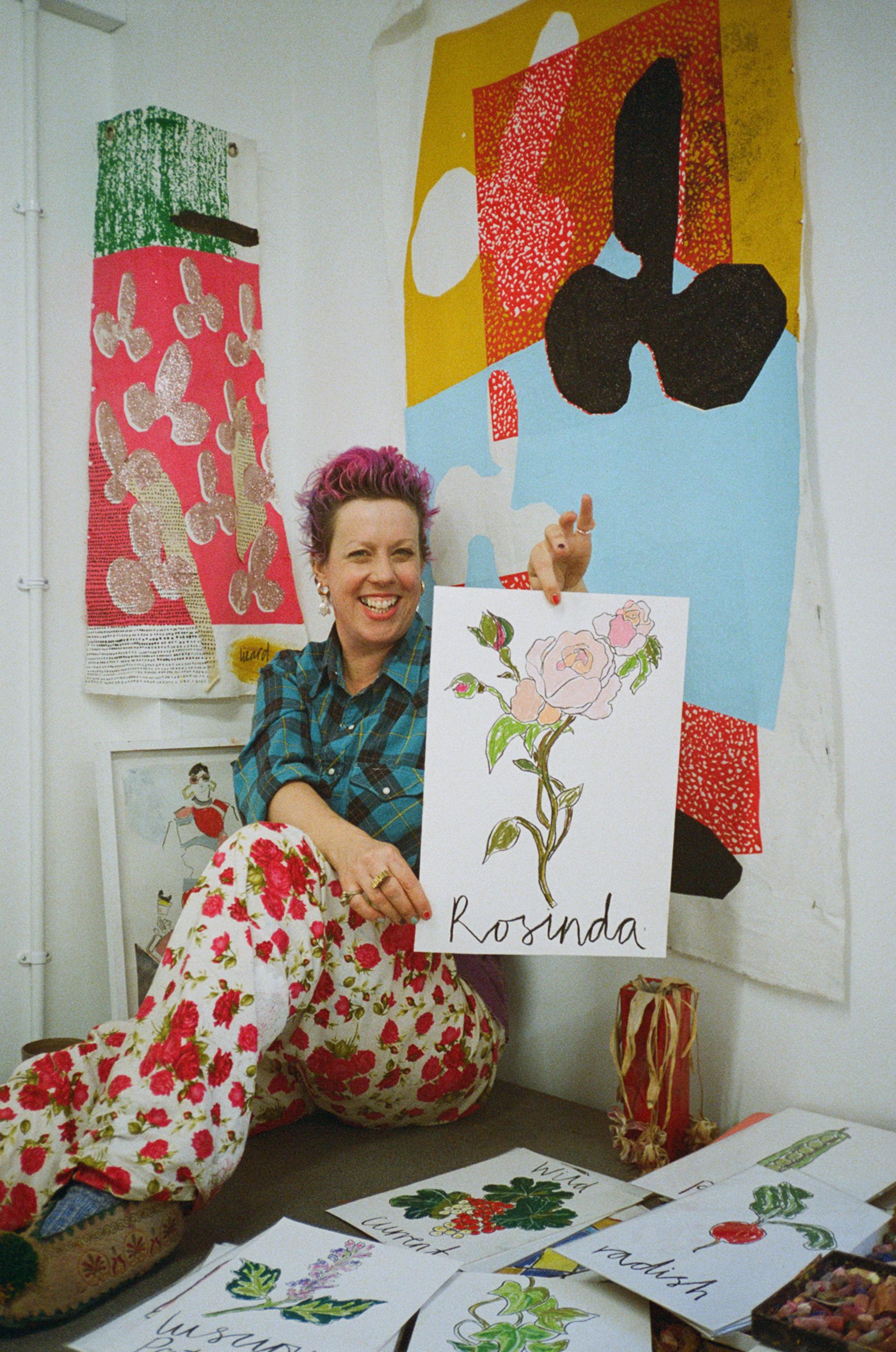


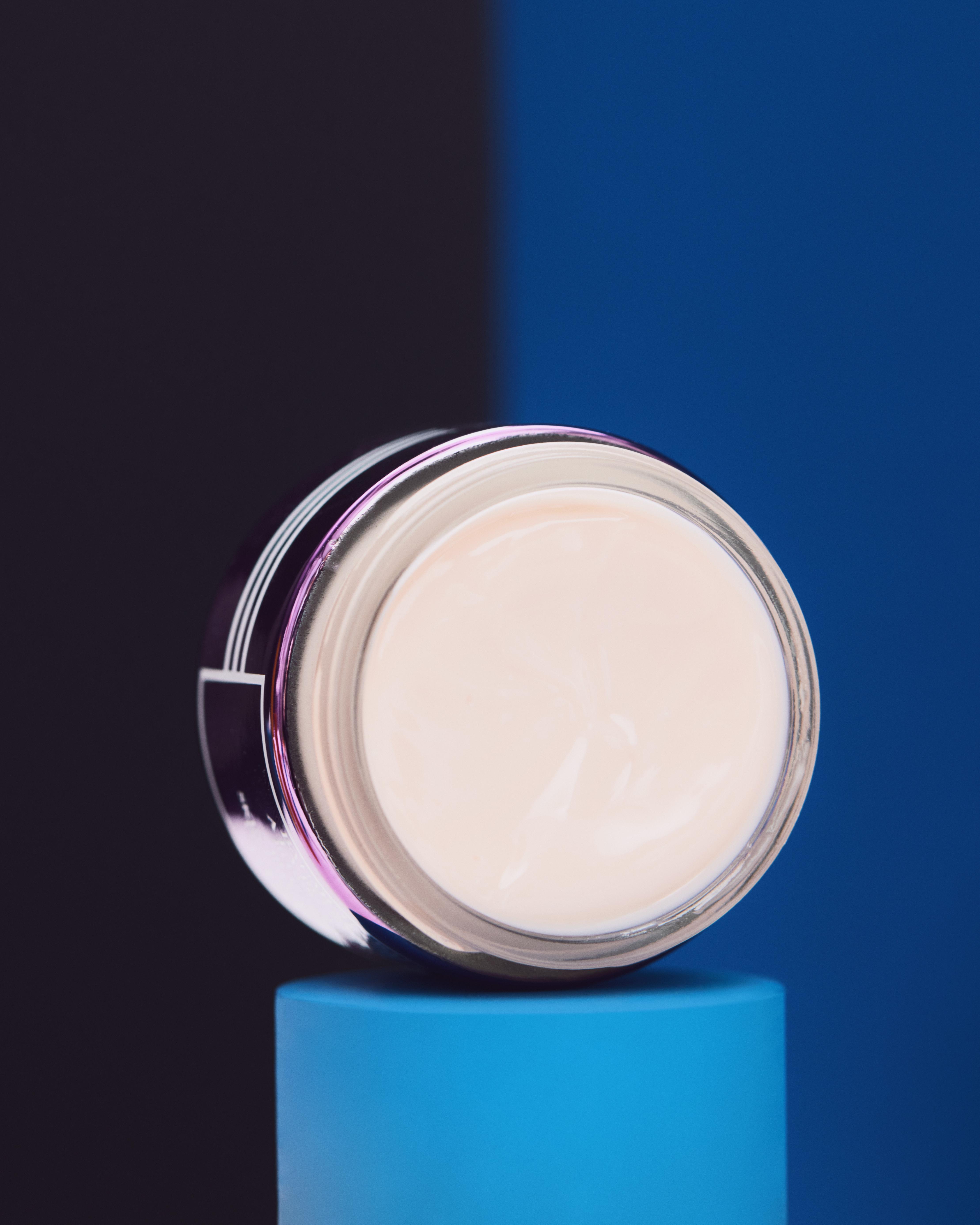

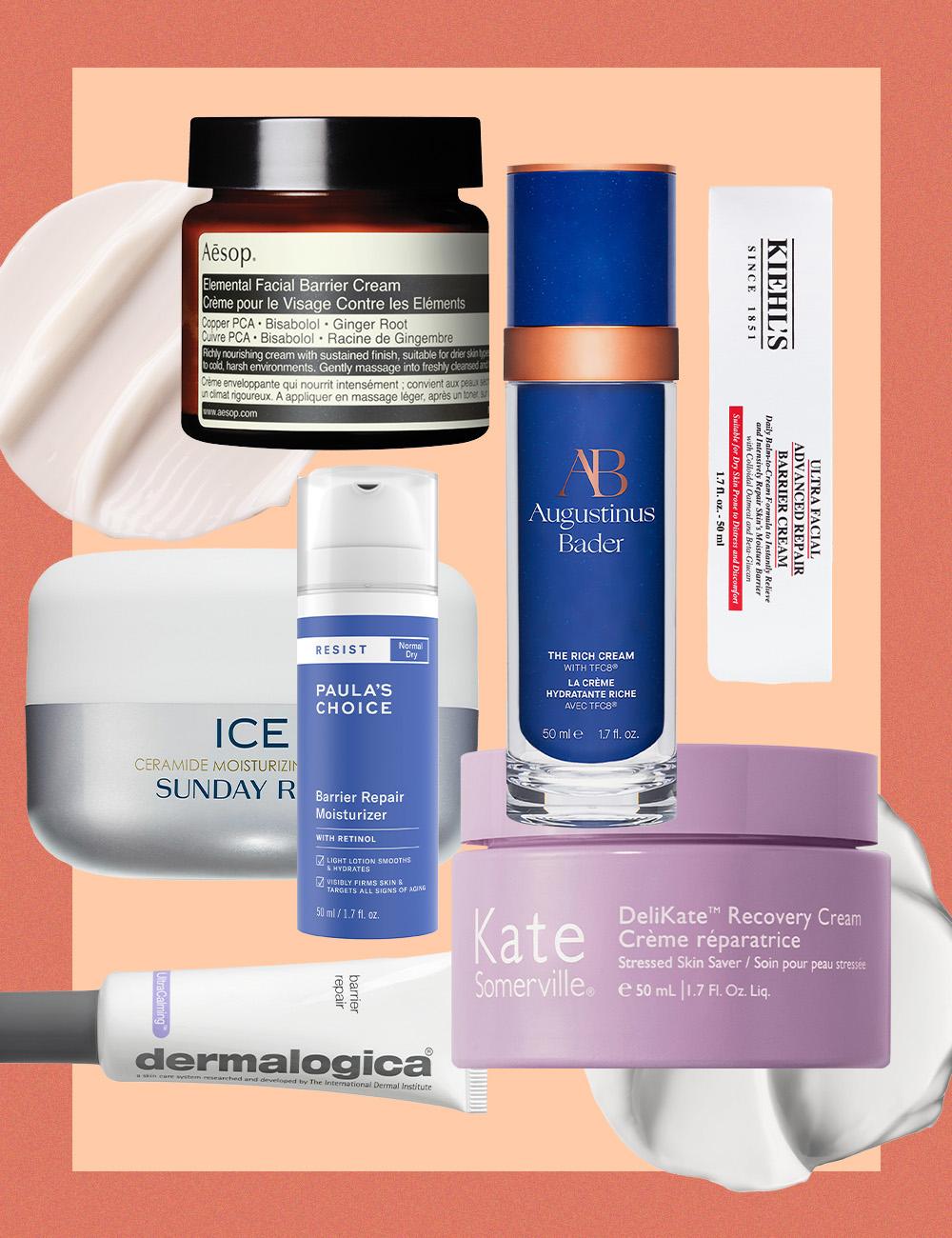
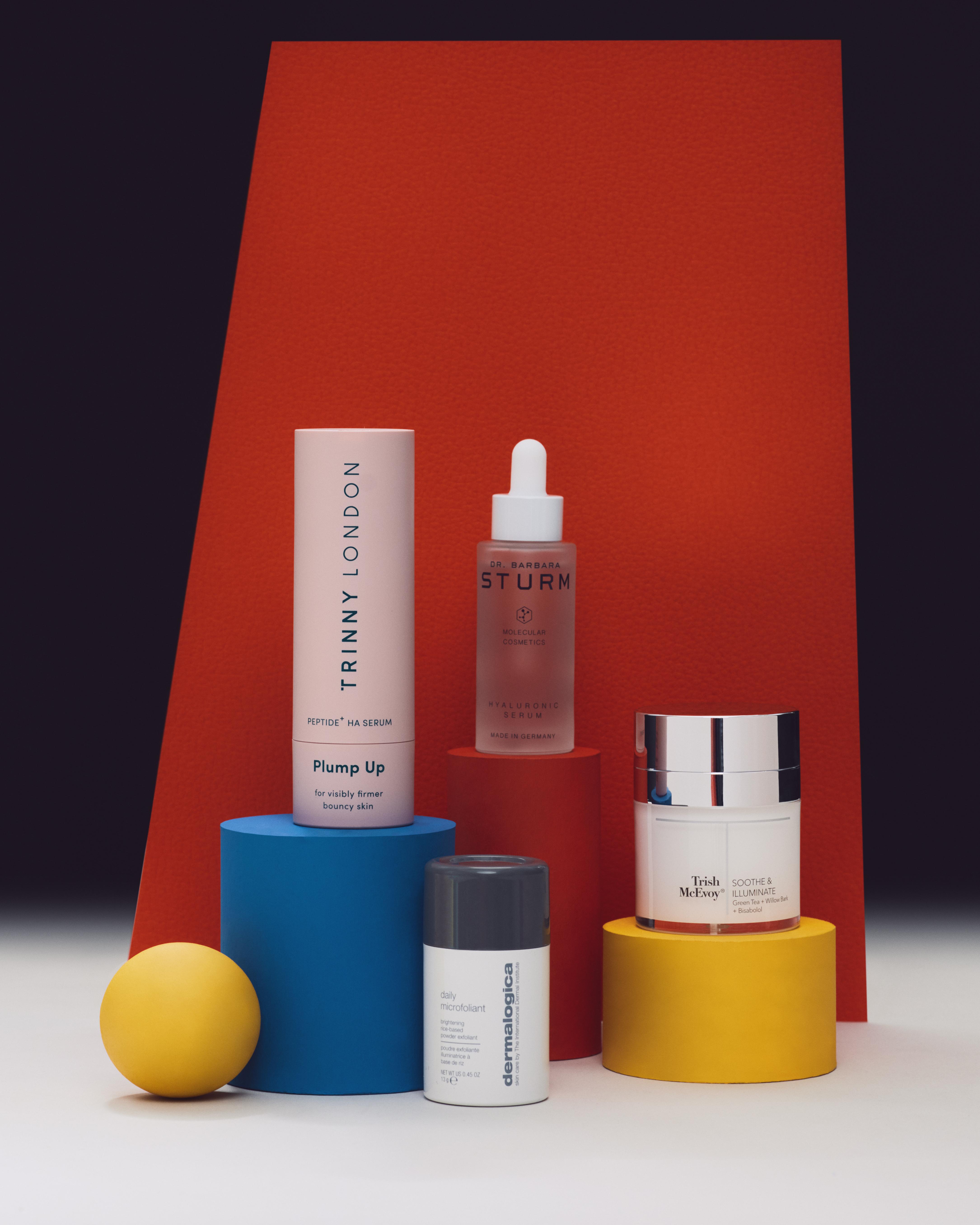
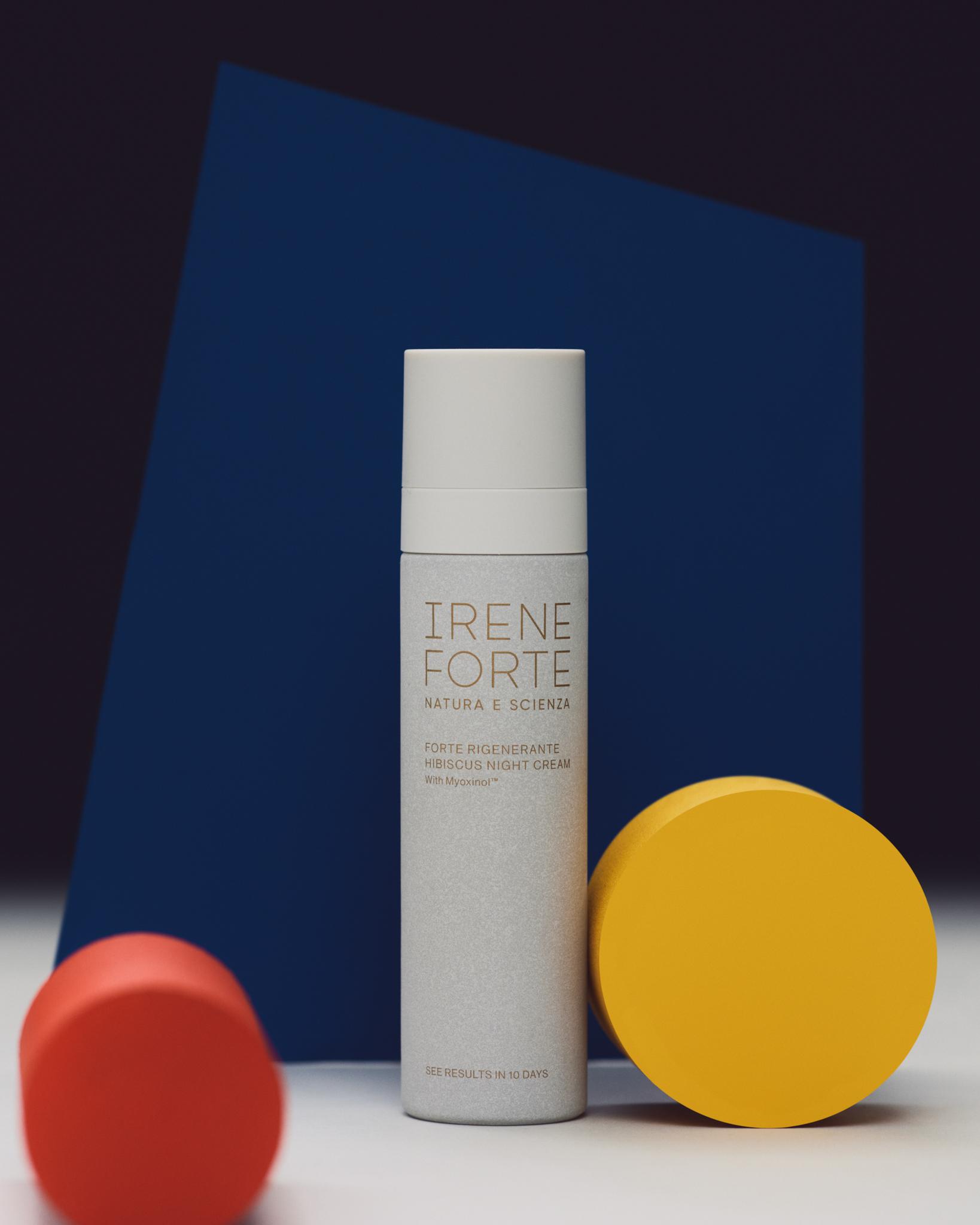
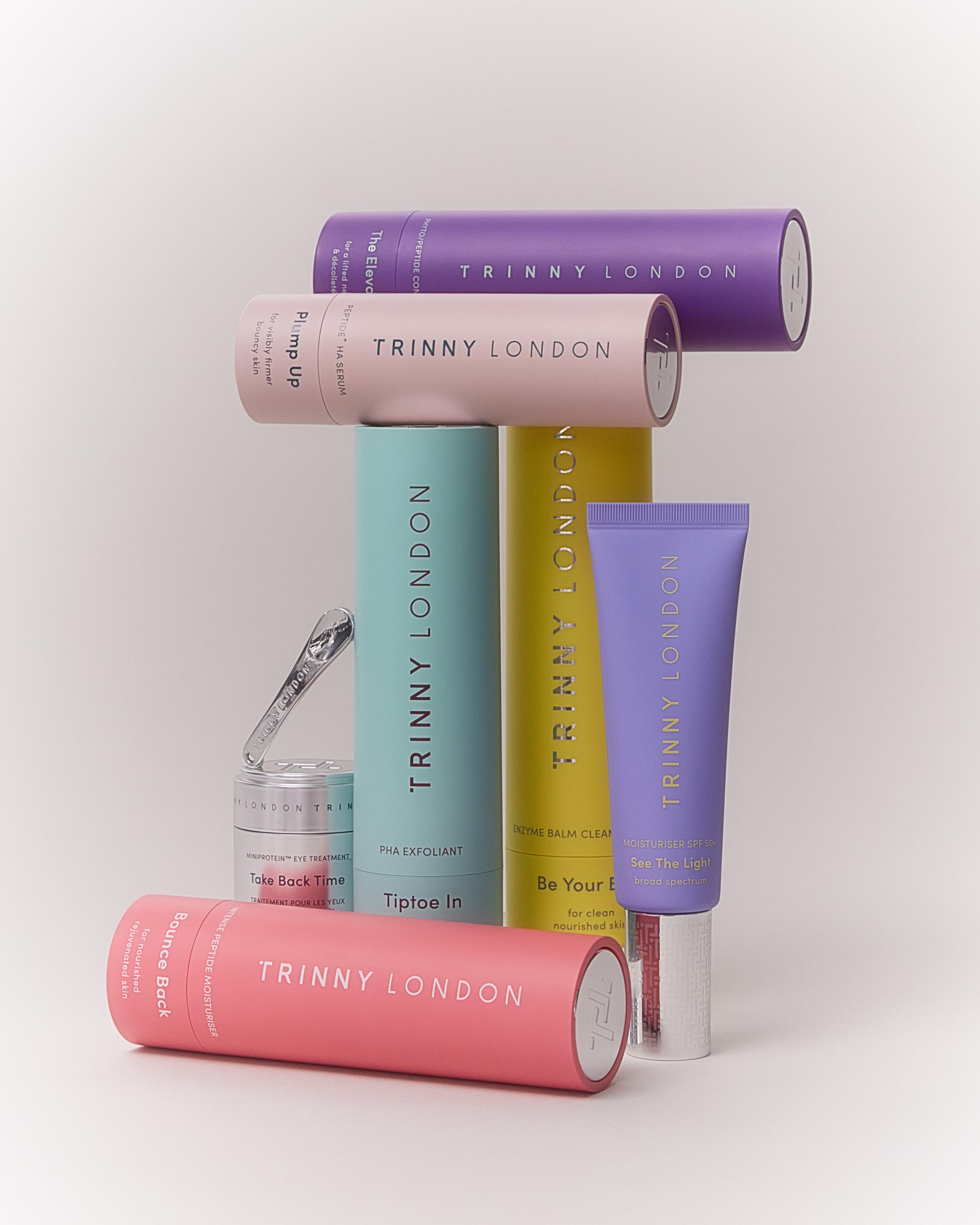
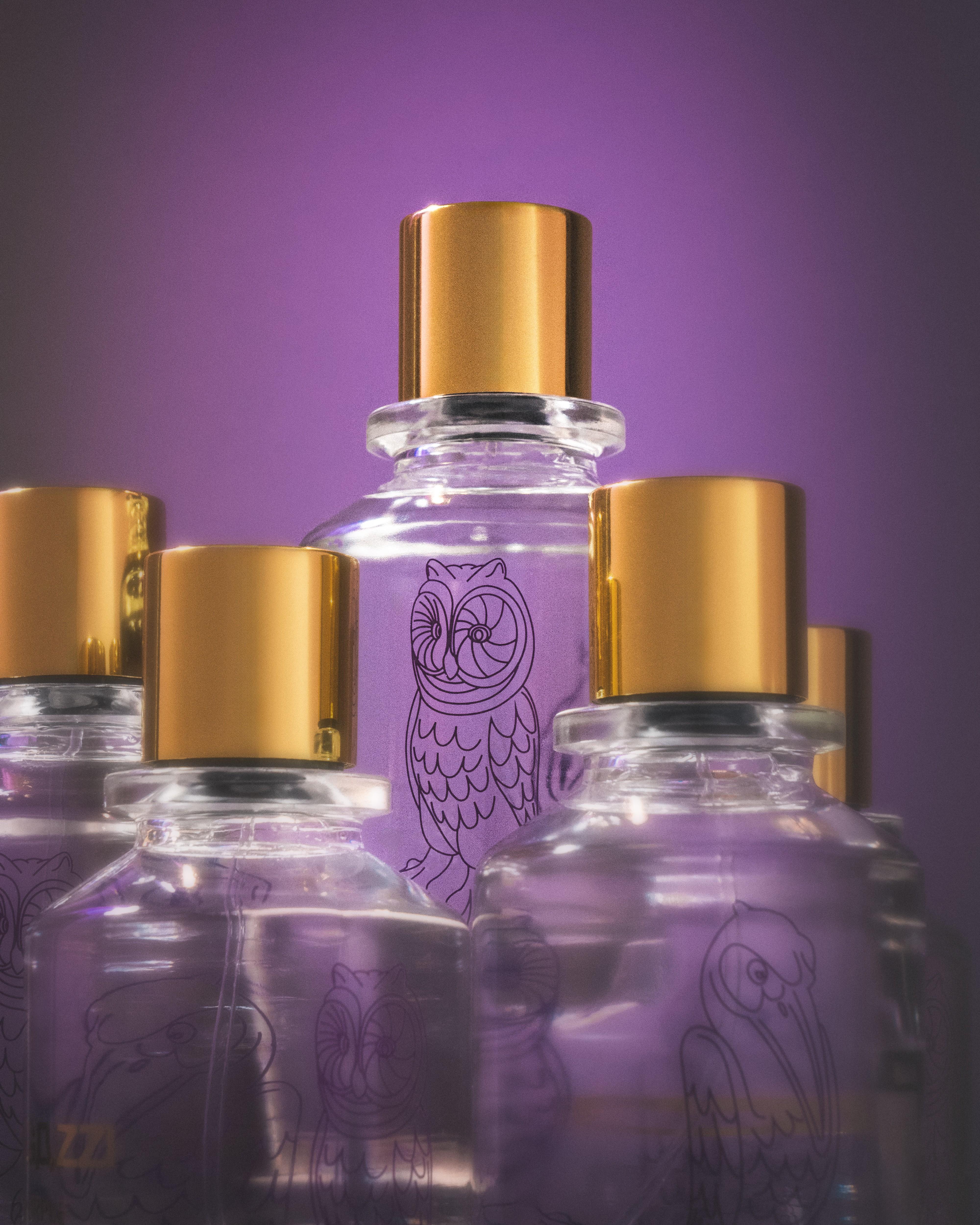
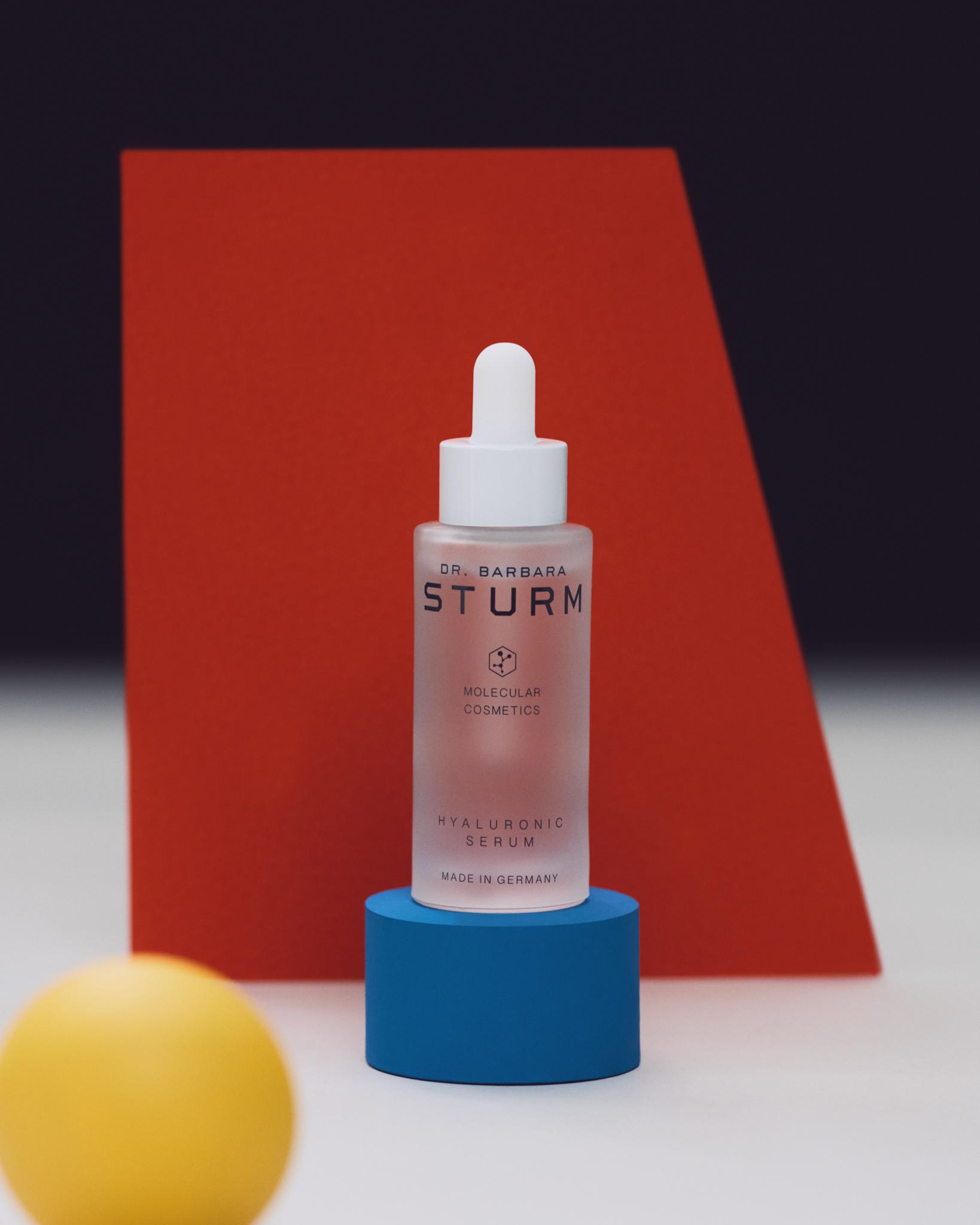
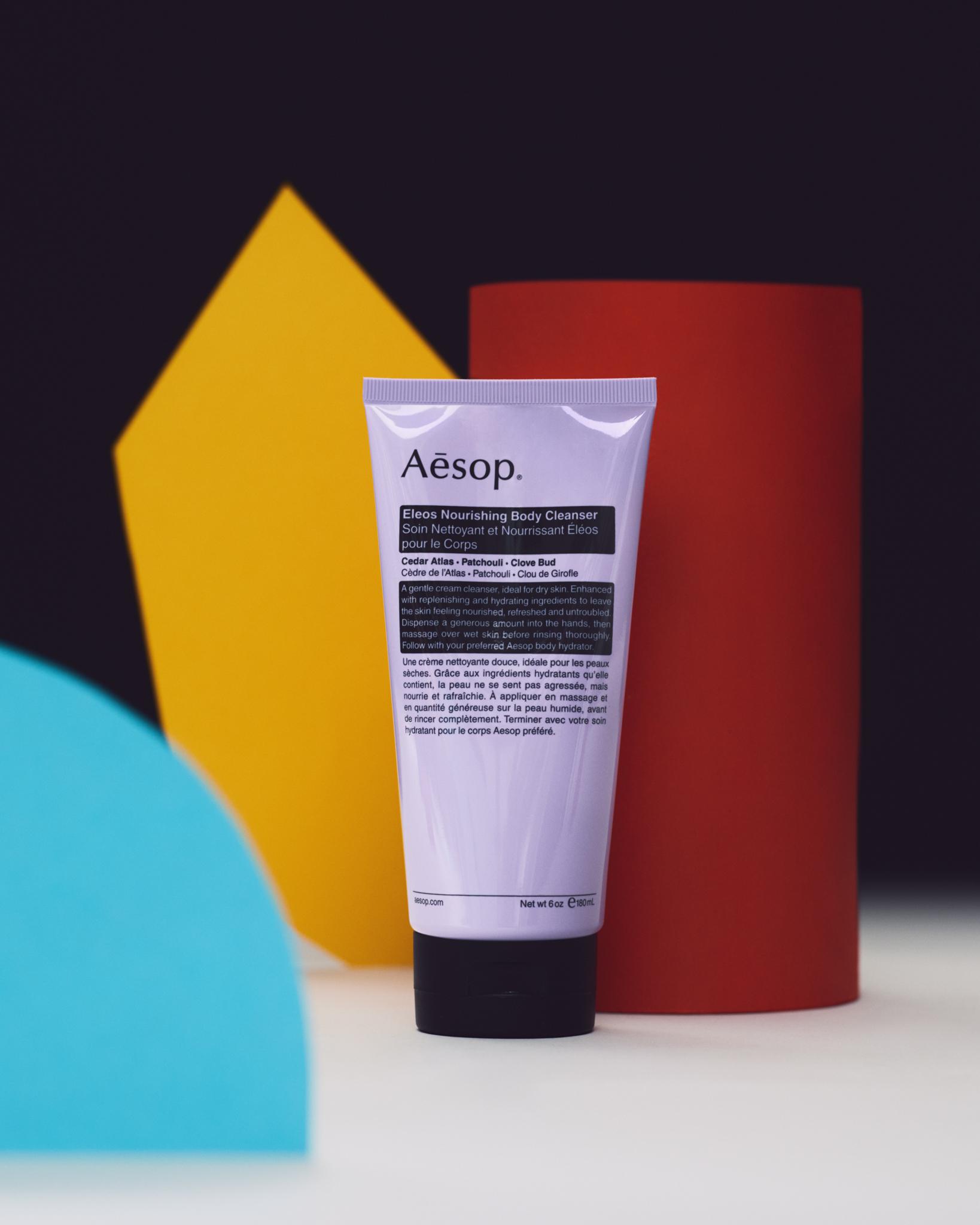

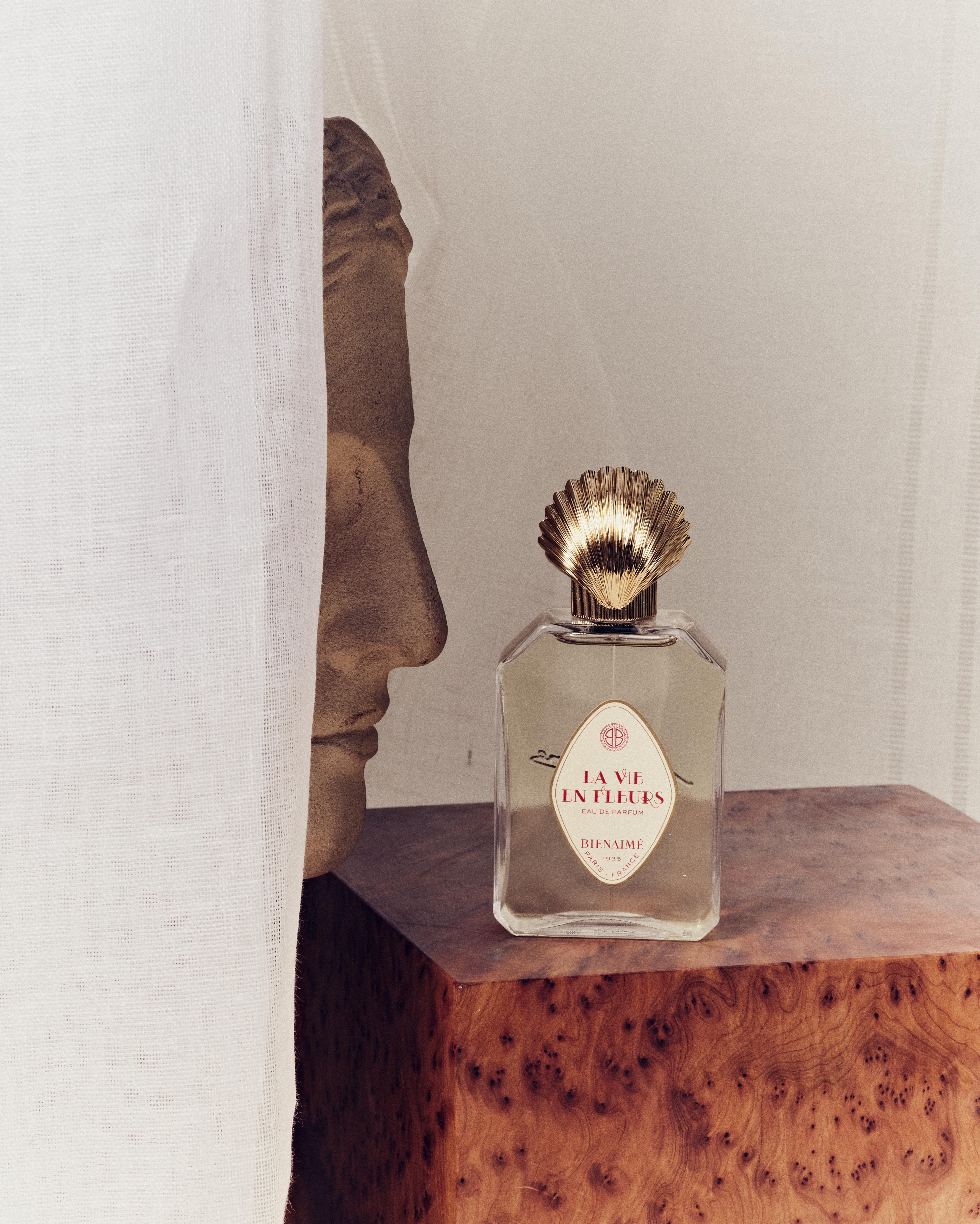

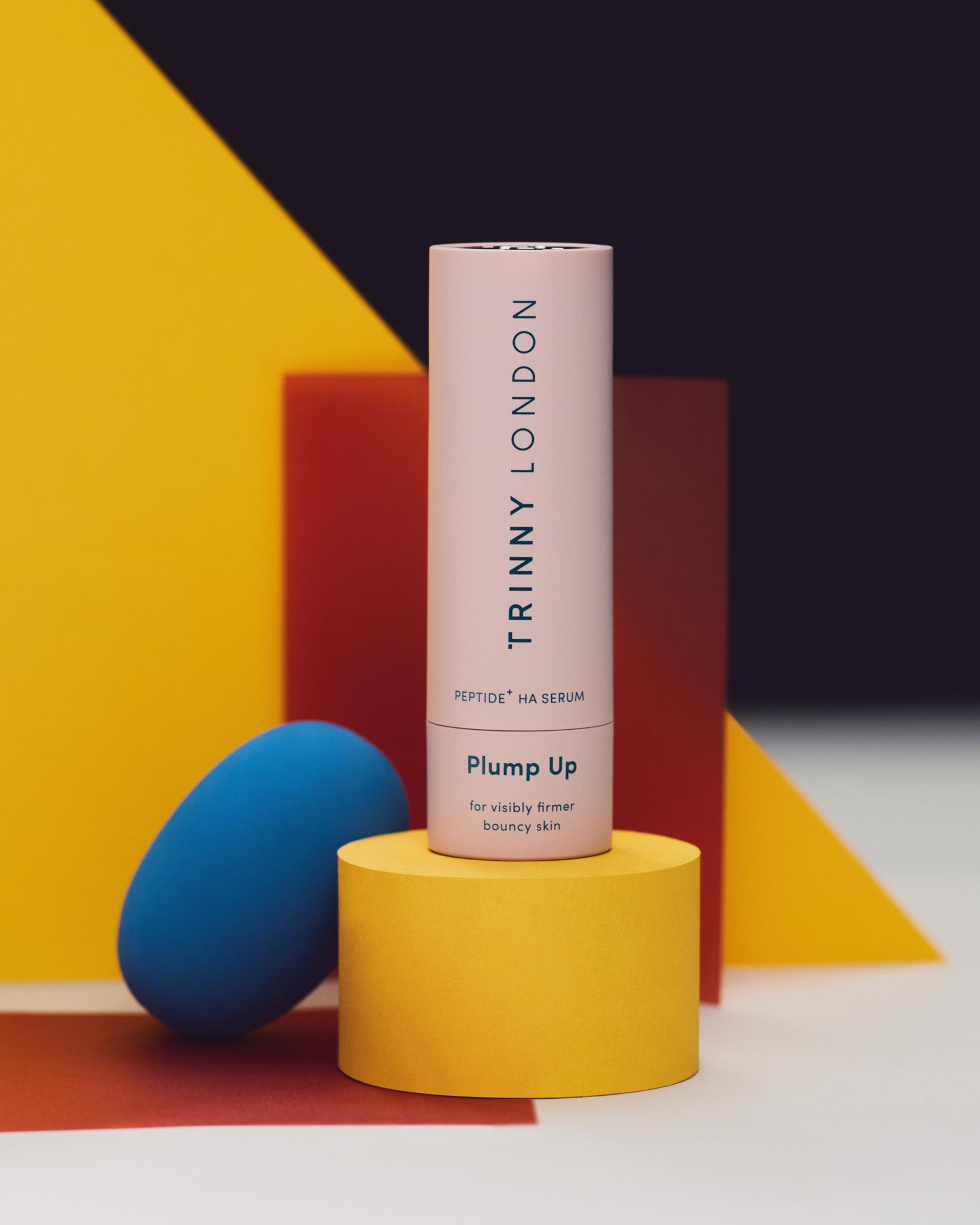
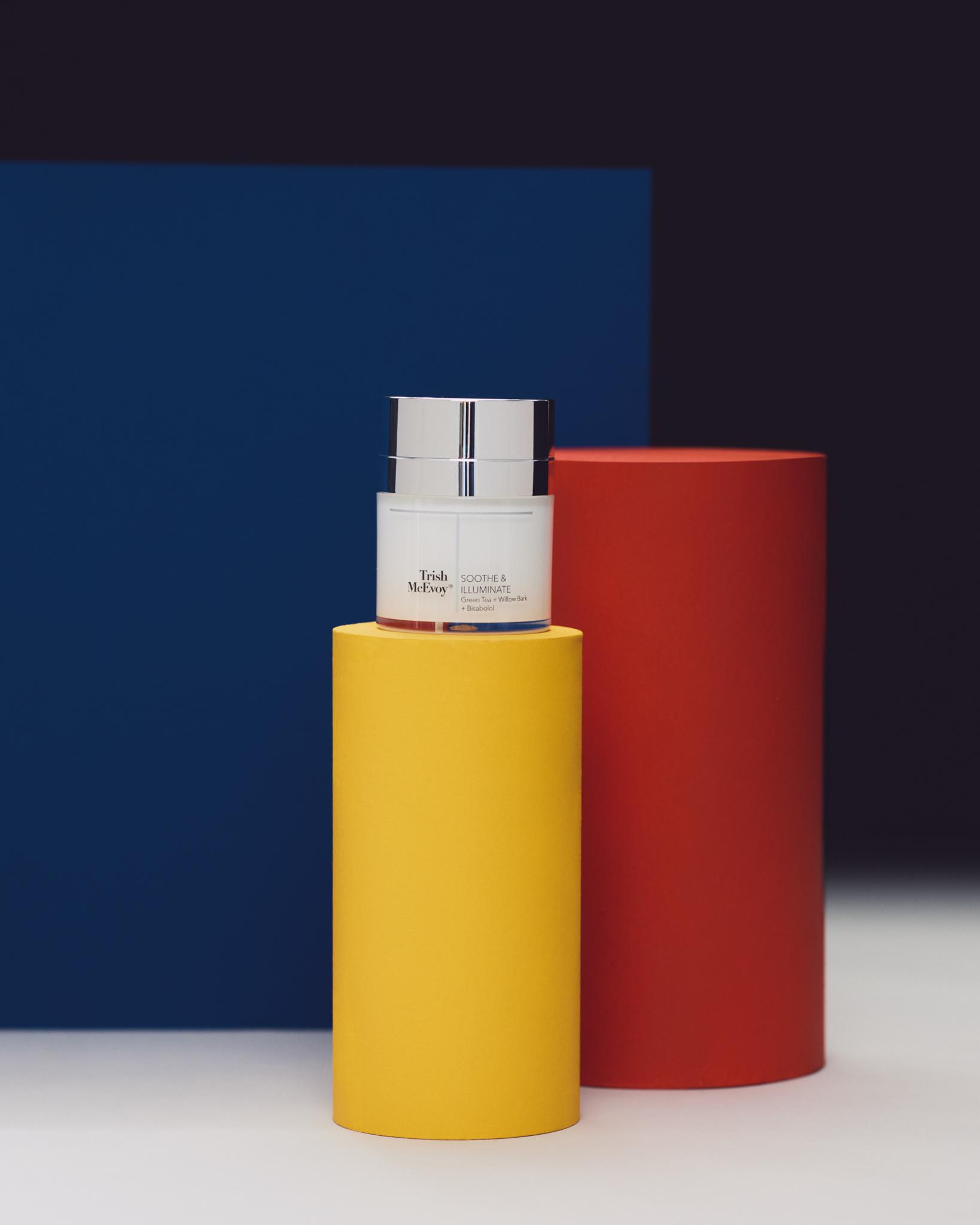

?fmt=auto&qlt=default)
